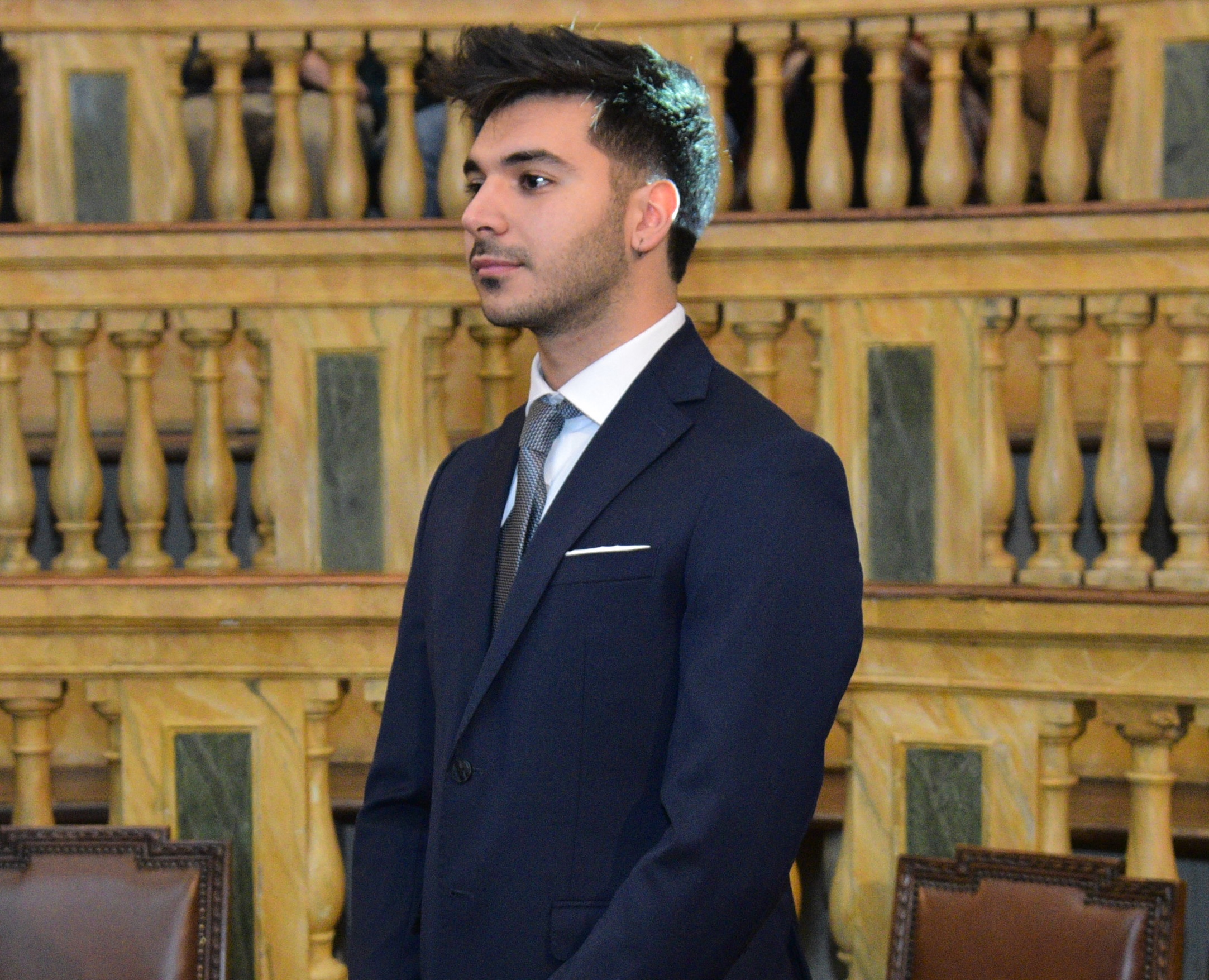People
Faculty
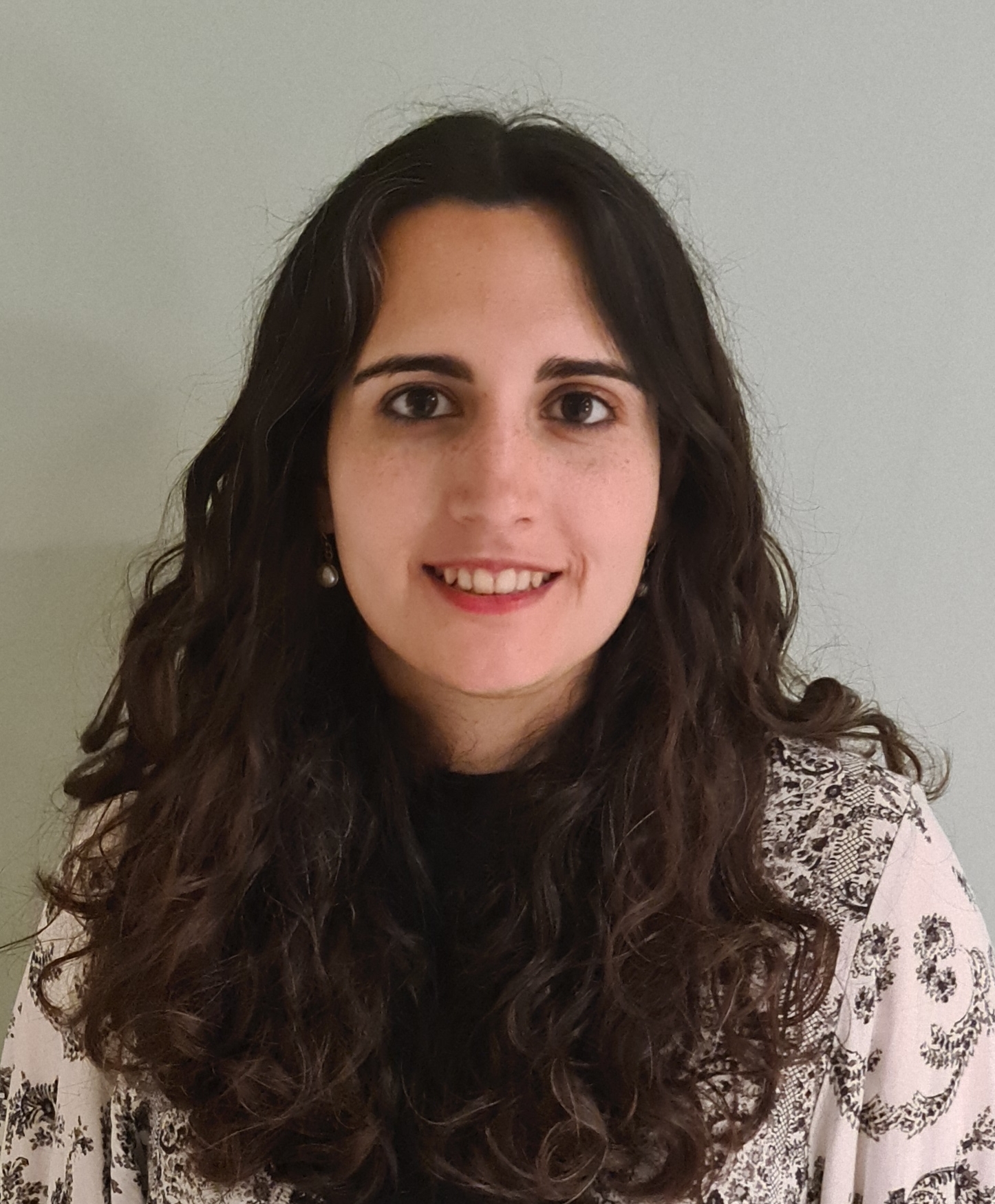
Maria del Rio-Chanona
Dr Maria del Rio-Chanona is a Lecturer (Assistant Professor) at University College London in the Computer Science department. Her research draws from network science, Large Language Models (LLM), as well as Agent-Based Models (ABM) to study the economic and employment impacts of the net-zero transition, the Covid-19 pandemic, and (Gen)AI. Maria completed her PhD in mathematics at the University of Oxford, where she was part of the complexity economics group of the Institute for New Economic Thinking, Oxford Martin School. She was a JSMF research fellow at the Complexity Science Hub, Vienna and a visiting scholar at the Harvard Kennedy School. Maria has worked alongside international policy organisations, including the International Monetary Fund, the World Bank, and the International Labour Organization.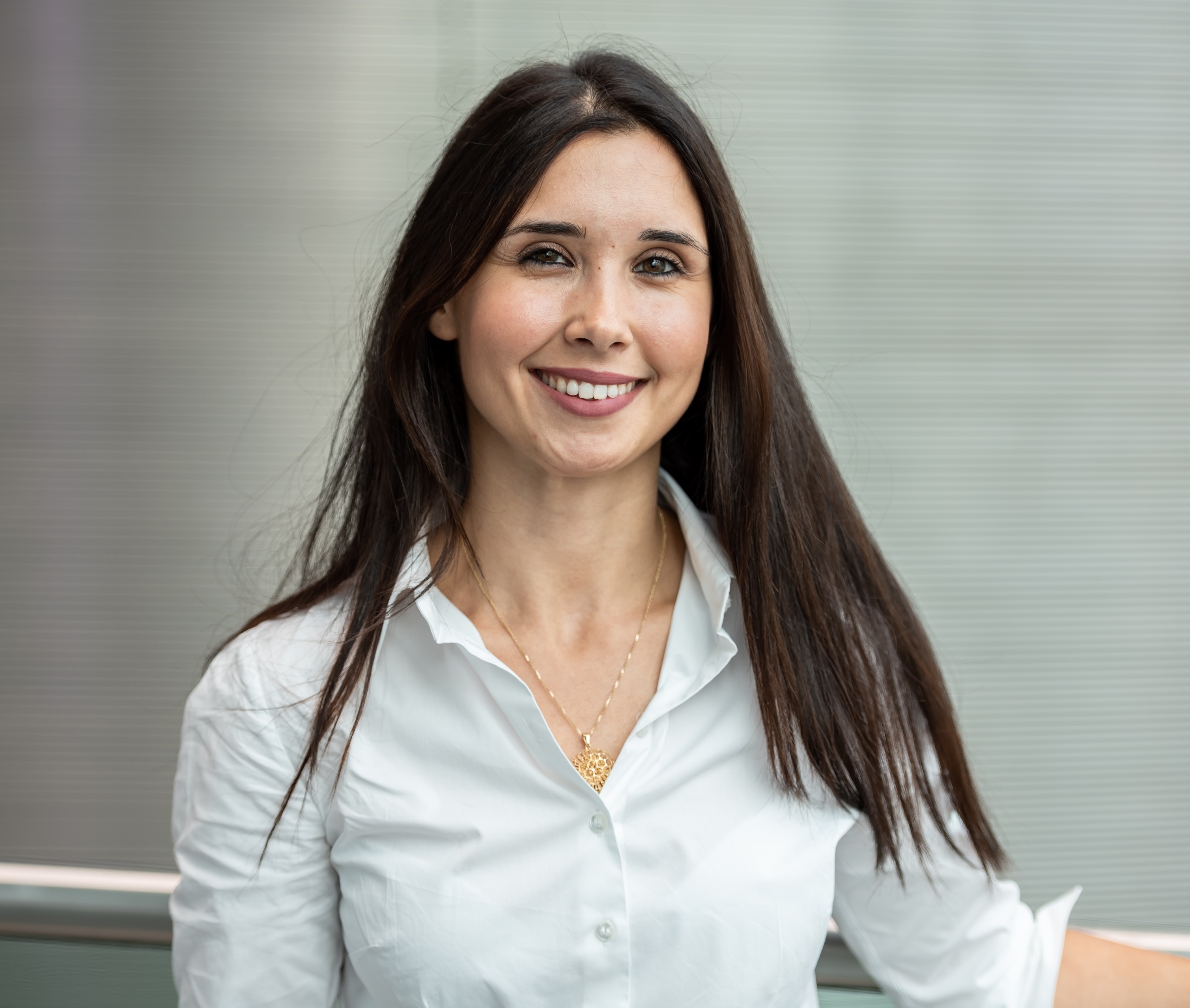
Silvia Bartolucci
Dr Silvia Bartolucci is an Associate Professor in the Department of Computer Science at University College London (UCL), where she is part of the Financial Computing and Analytics Group. Her research leverages network, statistical physics and data-driven modelling tools to investigate critical behaviour in socio-economic systems, assessing protocols’ design and applications of blockchain technologies, monitoring trends and issues in traditional and decentralized financial markets. Before joining UCL, Dr. Bartolucci was a Research Associate in the Department of Finance at Imperial College Business School, working within the Centre for Financial Technology. She holds a Ph.D. in Applied Mathematics from King's College London and a background in Theoretical Physics from Sapienza University in Rome.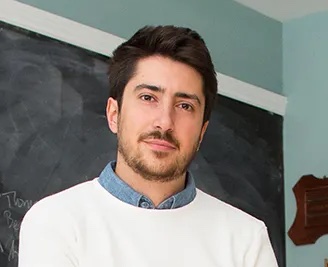
Paolo Barucca
Dr Paolo Barucca is Associate Professor at UCL Computer Science. He obtained his PhD in Theoretical Physics from Sapienza University of Rome. He works on Statistical Physics of Complex Systems, Statistical and Machine Learning in Finance and Economics. He collaborates with private and public institutions for teaching and research activities on machine learning and statistical data science in finance and economics applied to risk assessment and predictive modeling.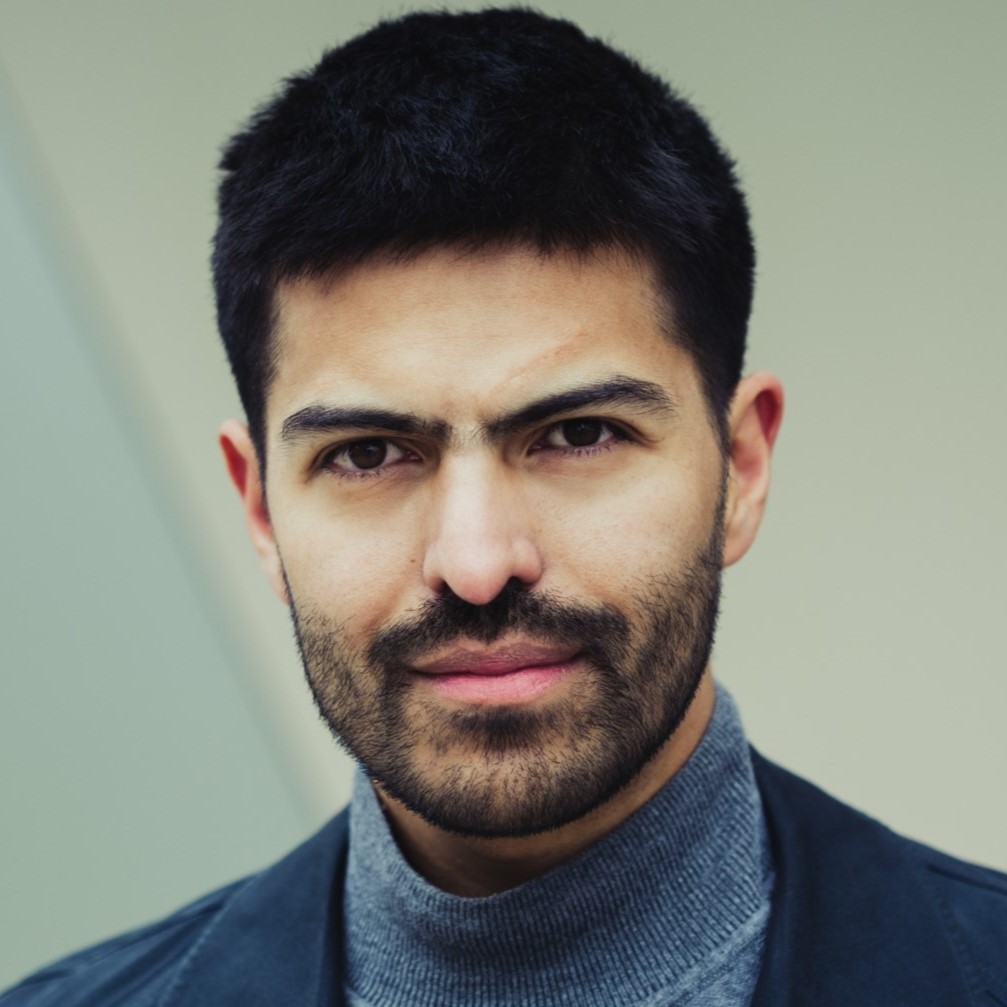
Alejandro Hermida Carrillo
Dr Alejandro Hermida Carrillo is an Imperial College Research Fellow (ICRF) in the Department of Management and Entrepreneurship at Imperial College Business School. Alejandro is passionate about understanding how different components of the self – such as personality, attitudes and beliefs – simultaneously shape and respond to socio-economic structures. In his fellowship, he studies the rise of autocratic leaders using digital trace data and Natural Language Processing. Before joining Imperial, Alejandro completed a PhD in Management at the LMU Munich, Germany, and degrees in Psychology (MSc, LMU Munich and Licenciatura, UNAM). He was also a visiting researcher at the Computational Culture Lab of Stanford Graduate School of Business.Speakers
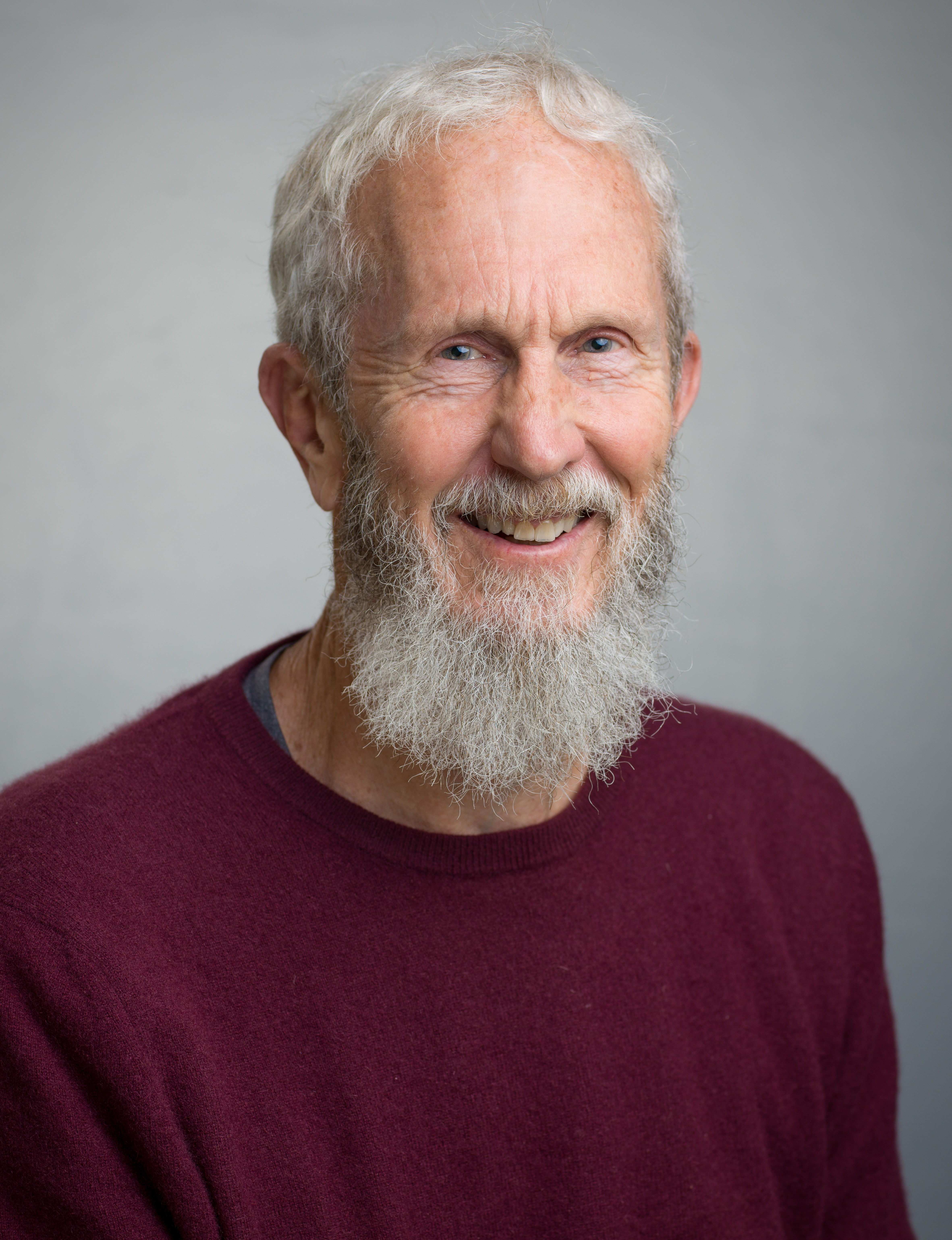
Doyne Farmer
J. Doyne Farmer is Director of the Complexity Economics programme at the Institute for New Economic Thinking and Baillie Gifford Professor of Complex Systems Science at the Smith School of Enterprise and the Environment, University of Oxford. He is also External Professor at the Santa Fe Institute and CEO and Chief Scientist at Macrocosm. His current research is in economics, including agent-based modeling, financial instability and technological progress. He was a founder of Prediction Company, a quantitative automated trading firm that was sold to UBS in 2006. His past research includes complex systems, dynamical systems theory, time series analysis and theoretical biology. His book, Making Sense of Chaos: A Better Economics for a Better World, was published in 2024. During the 1980s he was an Oppenheimer Fellow and the founder of the Complex Systems Group at Los Alamos National Laboratory. While a graduate student in the 1970s he built the first wearable digital computer, which was successfully used to predict the game of roulette.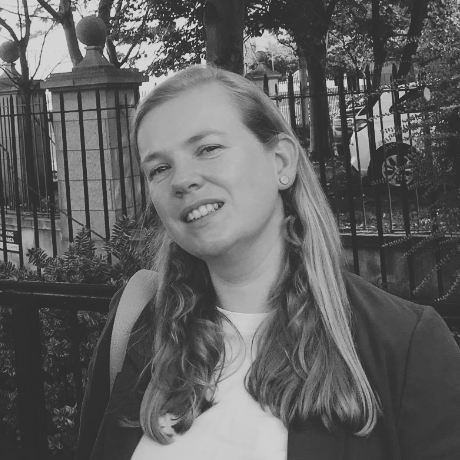
Neave O'Cleary
Neave O'Clery is Professor of Cities and Networks, and Director of Research, at the Centre for Advanced Spatial Analysis (CASA) at University College London where she leads an inter-disciplinary research group focused on data-driven models for economic development and developing cities. She is currently seconded part time to the UK Foreign, Commonwealth and Development Office. Her work spans a number of topics and fields including economic complexity and evolutionary economic geography, the informal economy, urban mobility and network science. Neave was previously a Senior Research Fellow at the Mathematical Institute at the University of Oxford, and before this a Fulbright Scholar at the Center for International Development at the Harvard Kennedy School. She is founder and Chair of the Oxford Summer School in Economic Networks, an annual multi-disciplinary summer school since 2017. She holds a PhD (mathematics) from Imperial College.
Pierpaolo Vivo
Pierpaolo Vivo studied Physics at the Università degli Studi di Parma (Italy), where he also graduated in Theoretical Physics cum laude in 2005. He then moved to Brunel University (West London), where he obtained his PhD in 2008. He spent three years as Postdoctoral Fellow at Abdus Salam ICTP - Trieste (Italy), where he worked in the Condensed Matter and Statistical Physics group. During the period 2011-2014 he worked as a research scientist at the Laboratoire de Physique Théorique et Modèles Statistiques (LPTMS) in Orsay, (France). He has been a permanent member of the Disordered Systems group at King's College London since September 2014, where leads the Quantitative and Digital Law Lab in the Department of Mathematics at King’s College London, a team of five people supported by a UKRI Future Leaders Fellowship that promotes a quantitative approach to issues around the complexity of legal systems. In this role, he collaborated on two guest-edited collections: “The physics of the law: legal systems through the prism of complexity science” (Frontiers in Physics, 2021) and “A complexity science approach to law and governance” (Philosophical Transactions of the Royal Society A, 2024).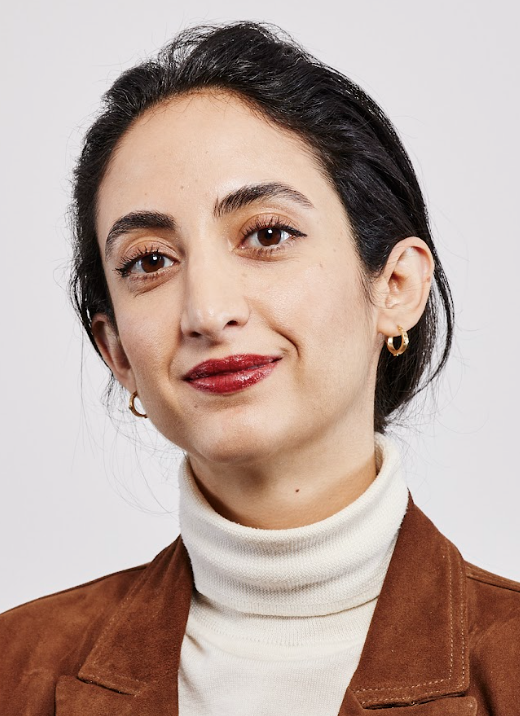
Sanaz Talaifar
Sanaz Talaifar is an Assistant Professor in Organisational Behaviour at Imperial College London. She studies identity and its intersections with politics and technology using a multi-method approach that combines traditional methods (surveys, experiments) with novel methods (mobile sensing, experience sampling). She is particularly interested in theory-method synergy, wherein novel methods inform the development of theory and theoretical insights inform the development of novel methods. Previously, Sanaz was a Postdoctoral Scholar in Organizational Behavior at Stanford University and received her PhD in Social and Personality Psychology from the University of Texas at Austin. Outside of academia, she has worked in people analytics at Google and in executive search at Egon Zehnder.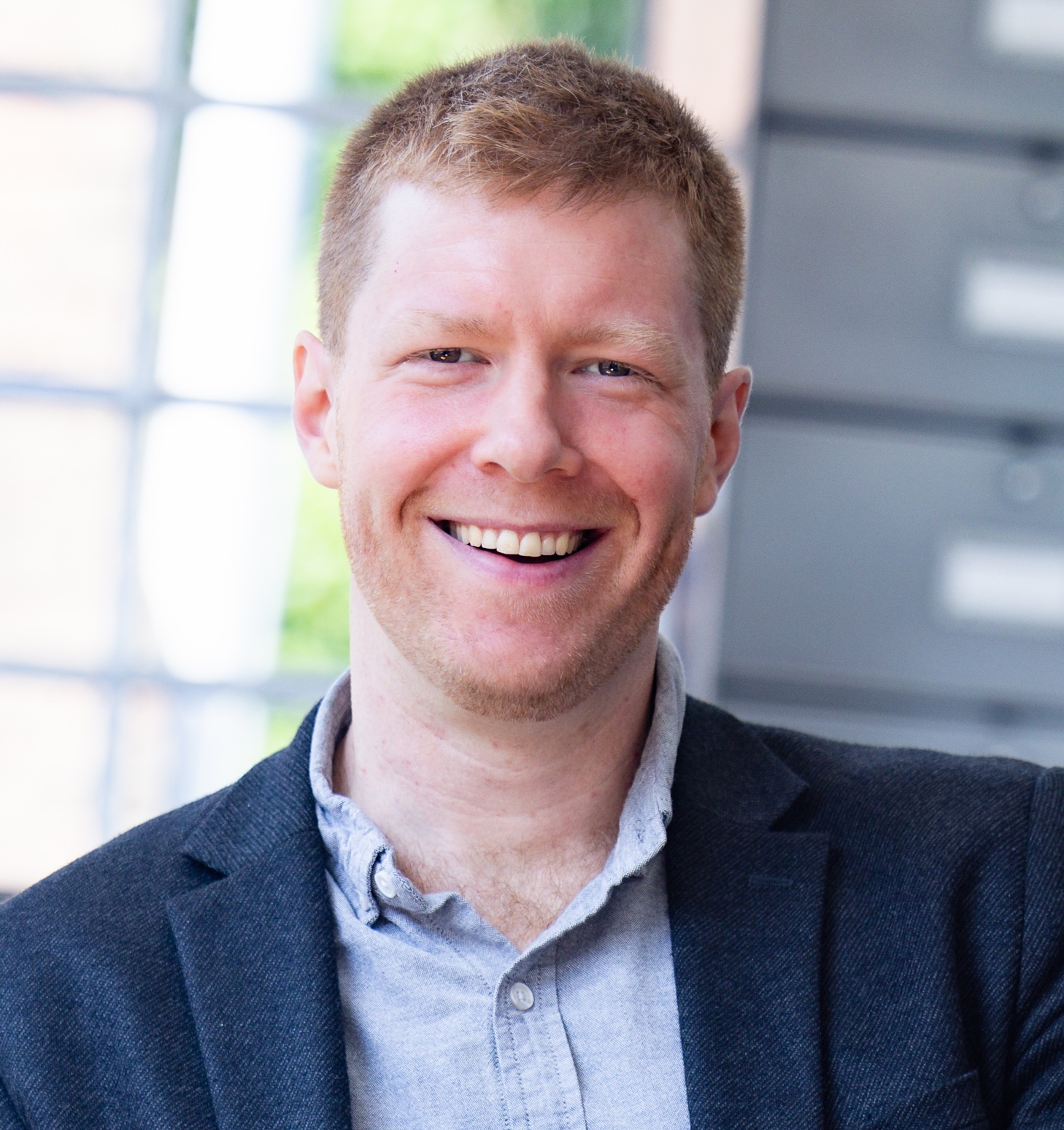
Mike Yeomans
Mike Yeomans is an Assistant Professor in Strategy and Organisational Behaviour at Imperial College Business School. In his research, Mike studies the decisions we make in conversation. We are a social species, doing and learning so much with one another. And the things we choose to say can have profound impacts on our relationships in business, and in life. His work explores the many ways that language technology can help us understand and improve our conversational decisions, so that we can better pursue our social goals together.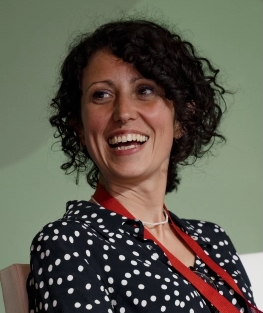
Stefania Innocenti
Stefania Innocenti is a Departmental Research Lecturer (Assistant Professor equivalent) at the Smith School of Enterprise and the Environment at the University of Oxford. She is an applied economist working at the intersection of behavioural economics, environmental economics and public policy. Stefania co-leads the Economics of Sustainability programme at the School and at the Institute for New Economic Thinking. She is also an Associate Member of the Economics Department at the University of Oxford and a member of Brasenose College.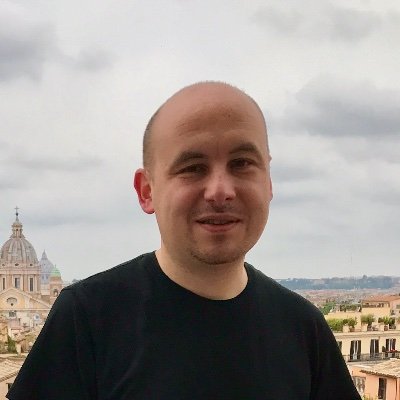
Mirco Musolesi
Mirco Musolesi is Professor of Computer Science at the Department of Computer Science at University College London, where he leads the Machine Intelligence Lab. He is also Professor of Computer Science at the University of Bologna, Italy. He has broad research interests spanning several traditional and emerging areas of Computer Science and beyond. More specifically, current research areas include AI-based decision making (in single- and multi-agent scenarios), generative artificial intelligence and computational models (in particular, learning models) of user/human/machine behaviour. Information about his research profile can be found at his personal webpage.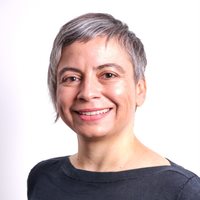
Milena Tsvetkova
Milena Tsvetkova is an Associate Professor of Computational Social Science at the Department of Methodology at the London School of Economics and Political Science. She is also the director of the HUMANET lab, funded by the ERC Consolidator grant with €2,000,000 in 2025–2030 to study interactions and collective outcomes in human-machine social systems. Milena is a computational social scientist, with a PhD in Sociology. She uses large-scale online experiments, network analysis, machine learning, and computational modeling to study fundamental social phenomena such as cooperation, contagion, segregation, and inequality in human and human-machine networks and communities.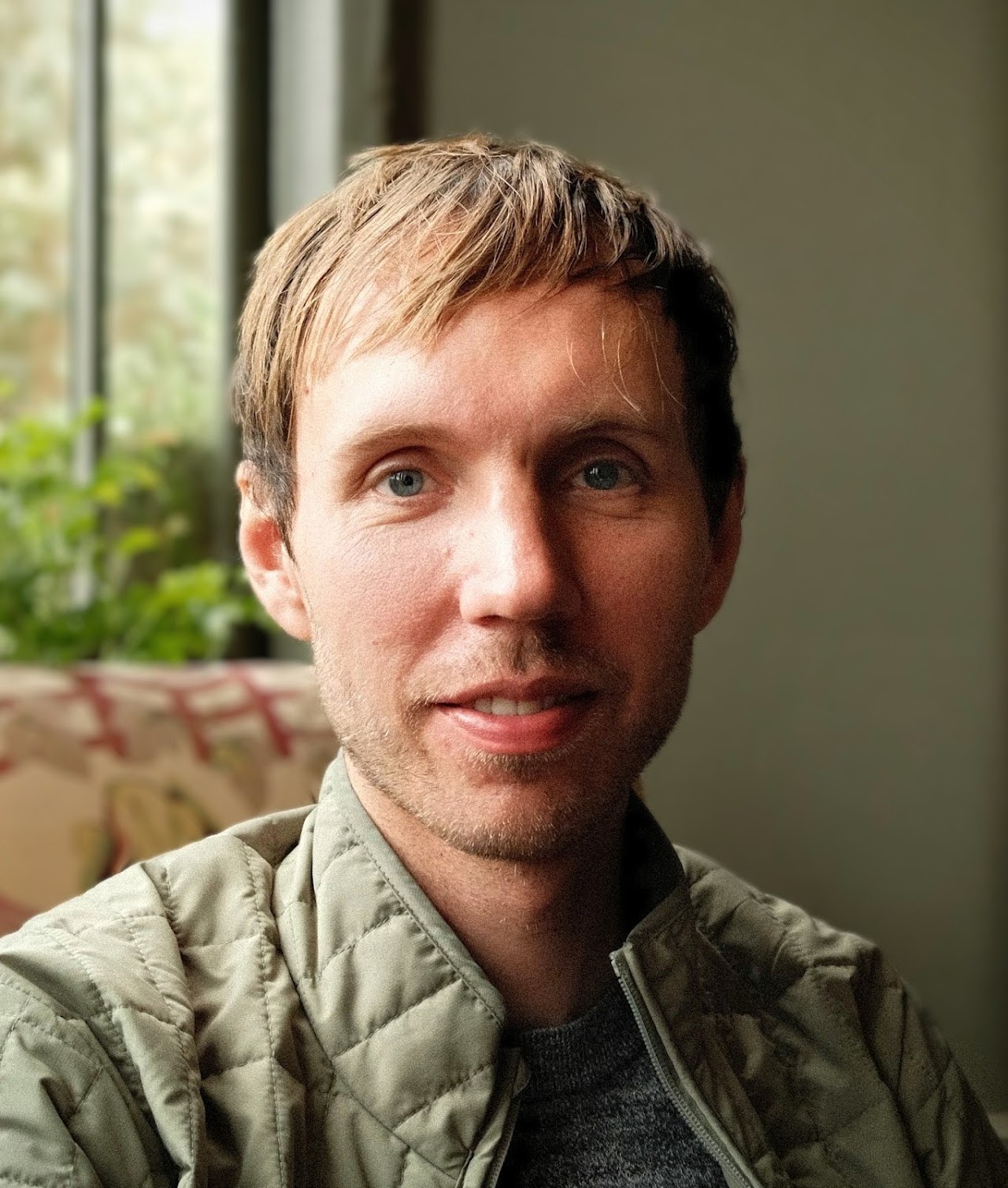
Sasha Vezhnevets
Sasha Vezhnevets is an AI research scientist and a meditator, based in London, UK. Sasha is a staff research scientist at Google DeepMind. Throughout his career he has worked on computer vision, hierarchical reinforcement learning, multi-agent reinforcement learning and generative agent based modelling. His current interests are multi-agent systems, social cognition, computational social construction and cultural evolution. He is also interested in bridging ideas in AI, social sciences, and neuroscience. Sasha is also a meditator and a Vajrayana practitioner and writes about it on substack.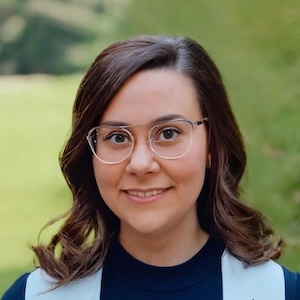
Alice Plebe
Alice Plebe received her B.Sc. and M.Sc. degrees in Computer Science from the University of Catania, Italy, in 2014 and 2016, respectively, and her Ph.D. in Information and Communication Technology from the University of Trento, Italy, in 2021. Following her Ph.D., she was a Postdoctoral Fellow at the University of Trento from 2021 to 2024. During this time, she contributed to the EU Horizon 2020 Dreams4Cars Research and Innovation Action, where her work explored how cognitive capabilities of the human brain can inform the design of artificial driving agents with human-like performance. Since 2024, she has been a Research Fellow at University College London (UCL), UK, focusing on large language models and their role in enabling trustworthy collaboration in multi-agent systems.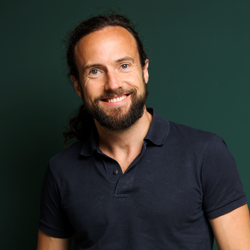
Jakob Foerster
Jakob Foerster joined the department of engineering science at the University of Oxford in the fall of 2021. During his PhD at Oxford he helped bring deep multi-agent reinforcement learning to the forefront of AI research and interned at Google Brain, OpenAI, and DeepMind. After his PhD he worked as a research scientist at Facebook AI Research in California, where he continued doing foundational work. He was the lead organizer of the first Emergent Communication workshop at NeurIPS in 2017, which he has helped organize ever since and was awarded a prestigious CIFAR AI chair in 2019. His past work addresses how AI agents can learn to cooperate and communicate with other agents, most recently he has been developing and addressing the zero-shot coordination problem setting, a crucial step towards human-AI coordination. His work has been cited over 5000 times, with an h-index of 29.Teaching Assistants
Participants
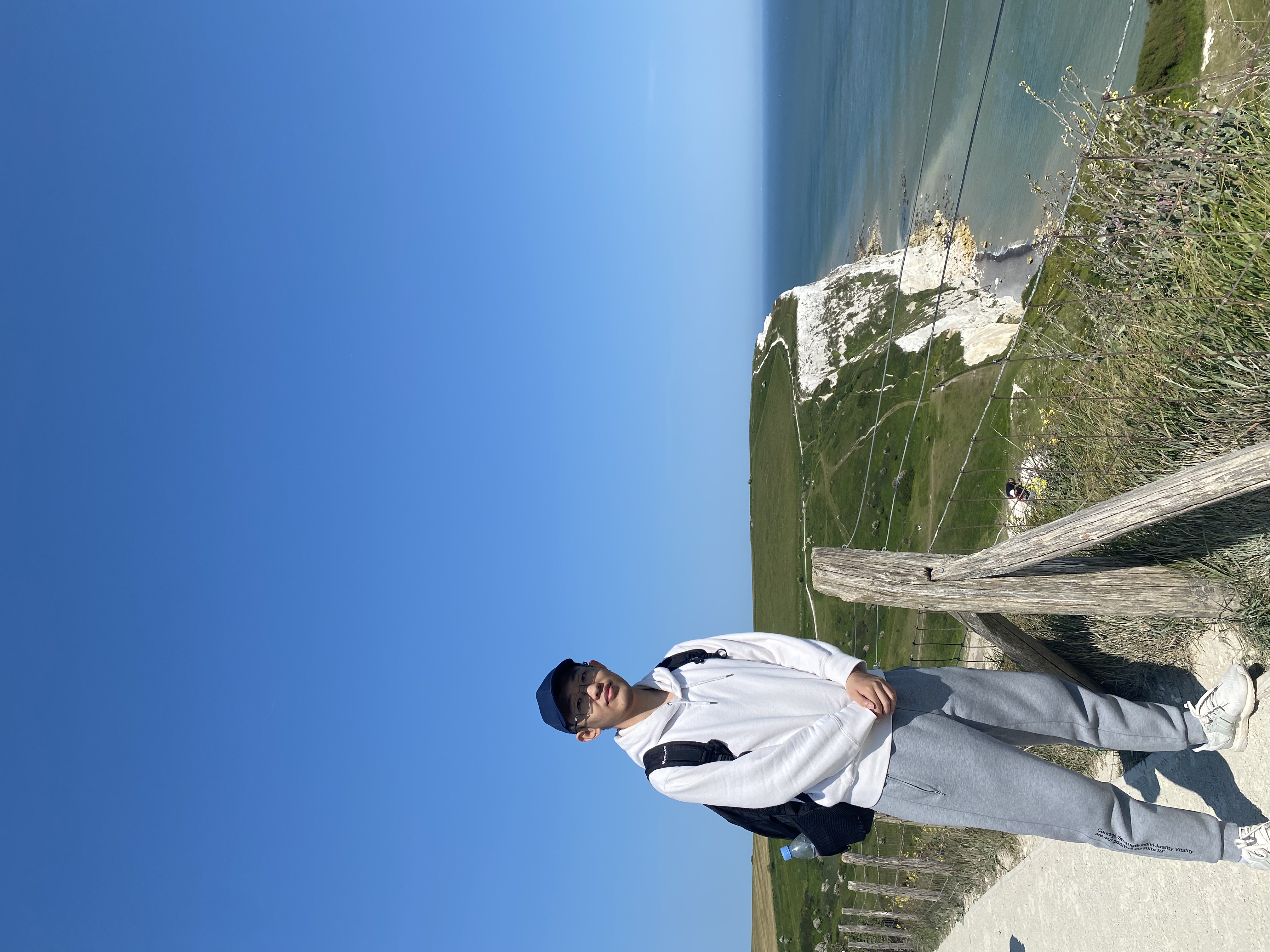
Ziming Xu
Ziming Xu is a PhD student at the AI Centre, Department of Computer Science, University College London. He is also affiliated with the Information and Decision Systems group. Prior to that, he obtained a Master's degree in Data Science at the University of Bristol and a Bachelor's degree in Management at the University of Electronic Science and Technology of China. His current research focuses on modelling and predicting human spreading behaviour within online social networks.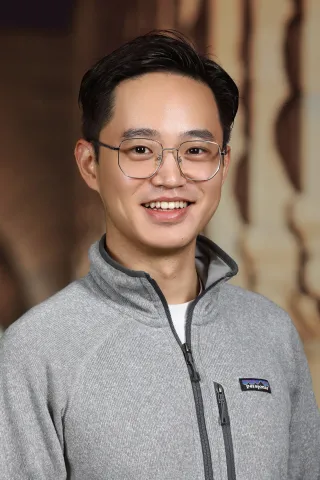
Zerui Tian
Zerui is a current DPhil student at the Department of Sociology, University of Oxford. His research leverages causal and computational methods to study caregiving, assortative mating, and other aspects of contemporary family life. Prior to Oxford, he received his Master's degree from Stanford University and Bachelor's degree from Columbia University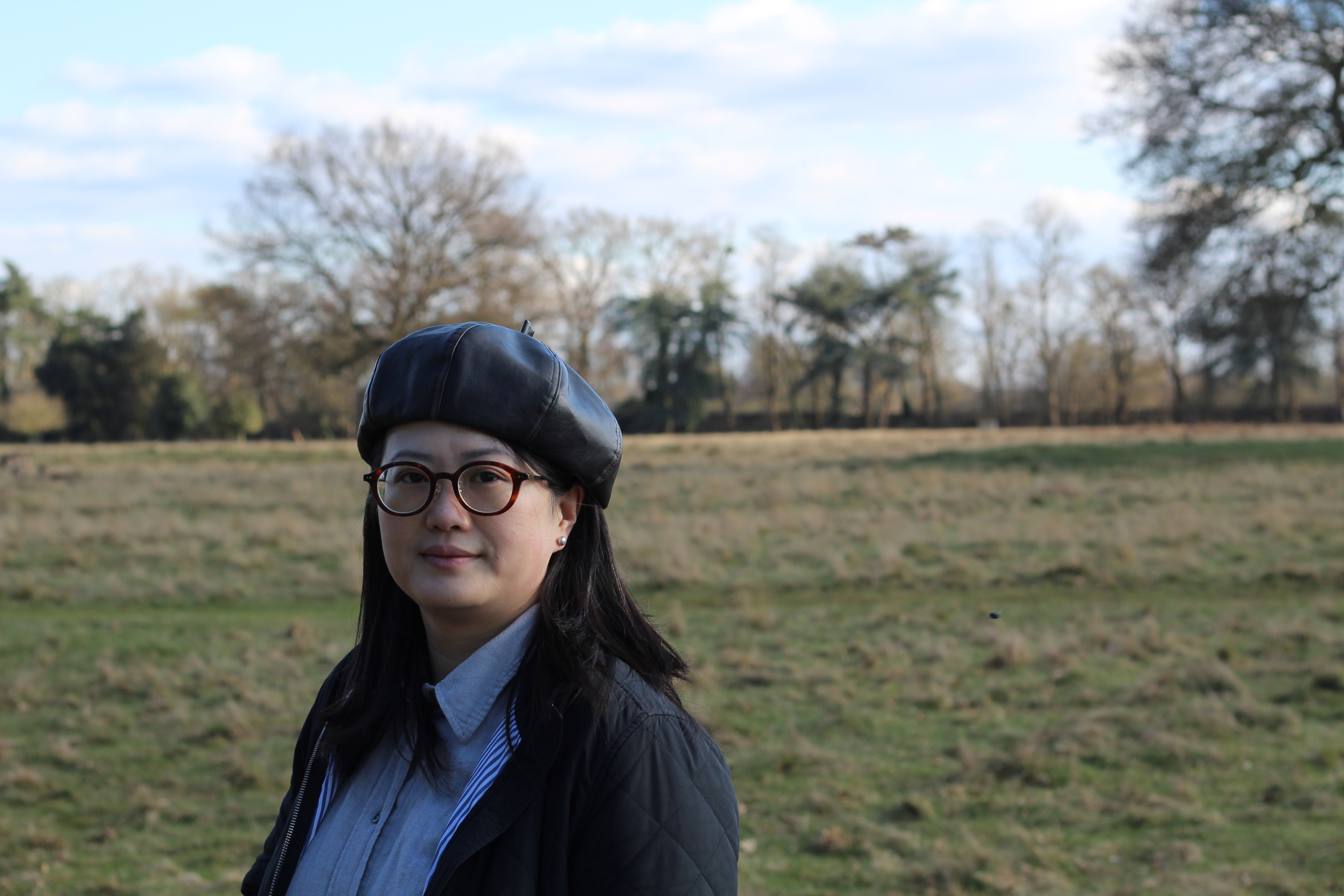
Yu Xiang
Yu Xiang is a Doctoral Researcher in Finance at Aalto University. Her work focuses on the intersection of social networks, behavioral finance, and policy. She is interested in causal inference and network analysis. She previously completed her MSc in Economics (SGPE) from the University of Edinburgh.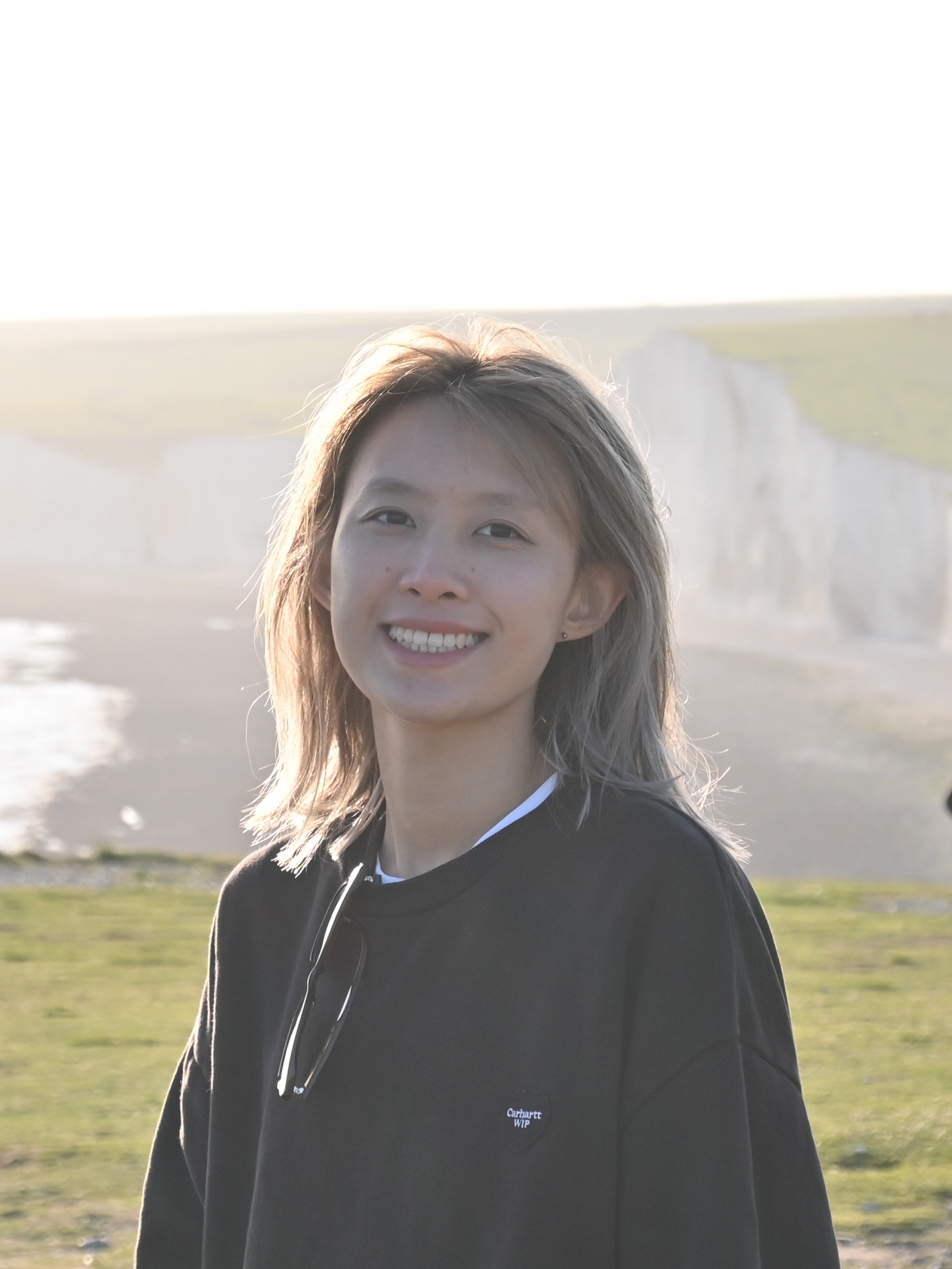
Wendi Li
Wendi Li is a PhD student in the Department of Informatics and Networked Systems, University of Pittsburgh. She previously completed her master's degree at the Centre for Advanced Spatial Analysis (CASA), UCL. Her research interests lie in labor markets, social networks, and complex systems.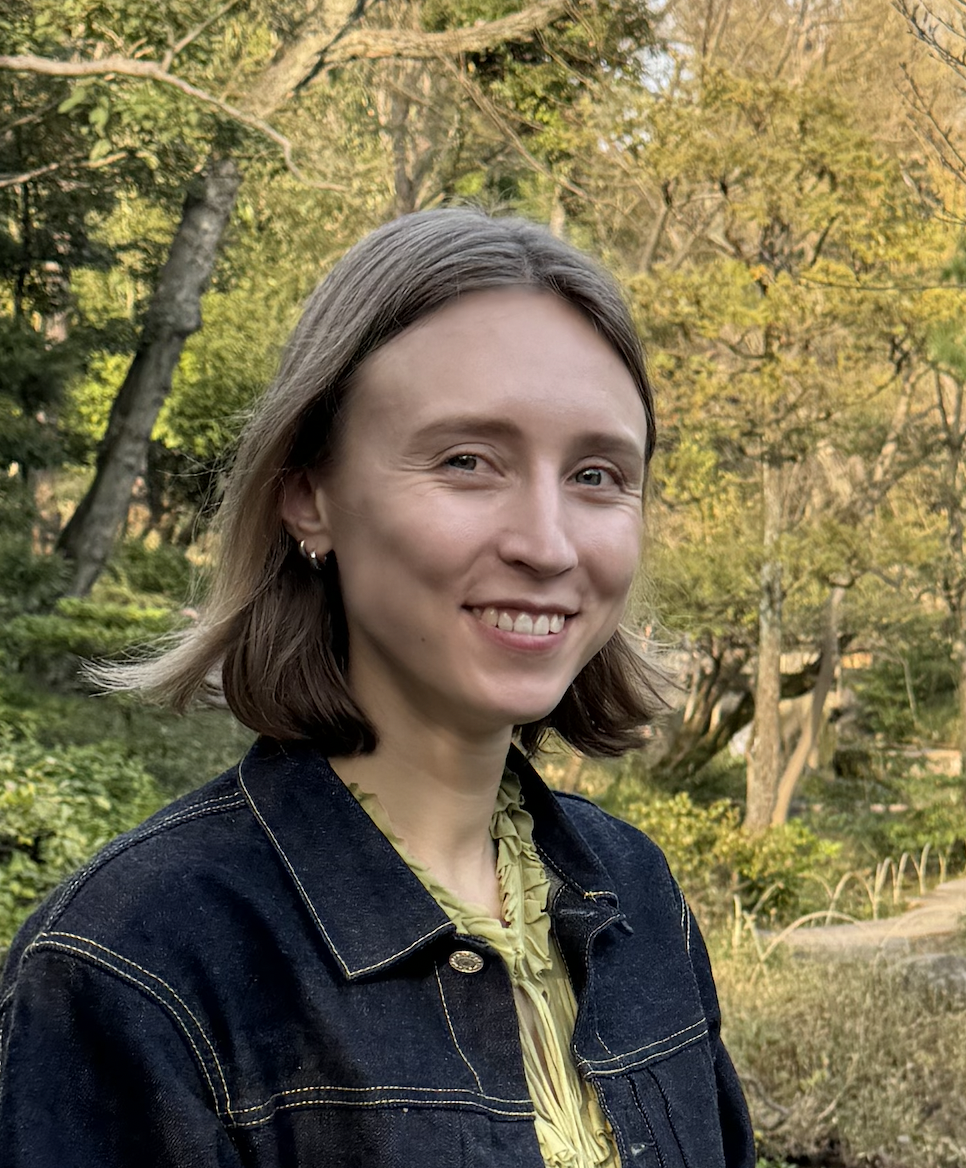
Urtė Adomaitytė
I am a final-year PhD student in Applied Mathematics at King's College London. My work mainly consists of applying statistical physics methods to investigate typical performance of simple machine learning models and statistical inference of signals on graphs in high dimensions. I am also interested in modelling of social phenomena, with a particular interest in opinion dynamics.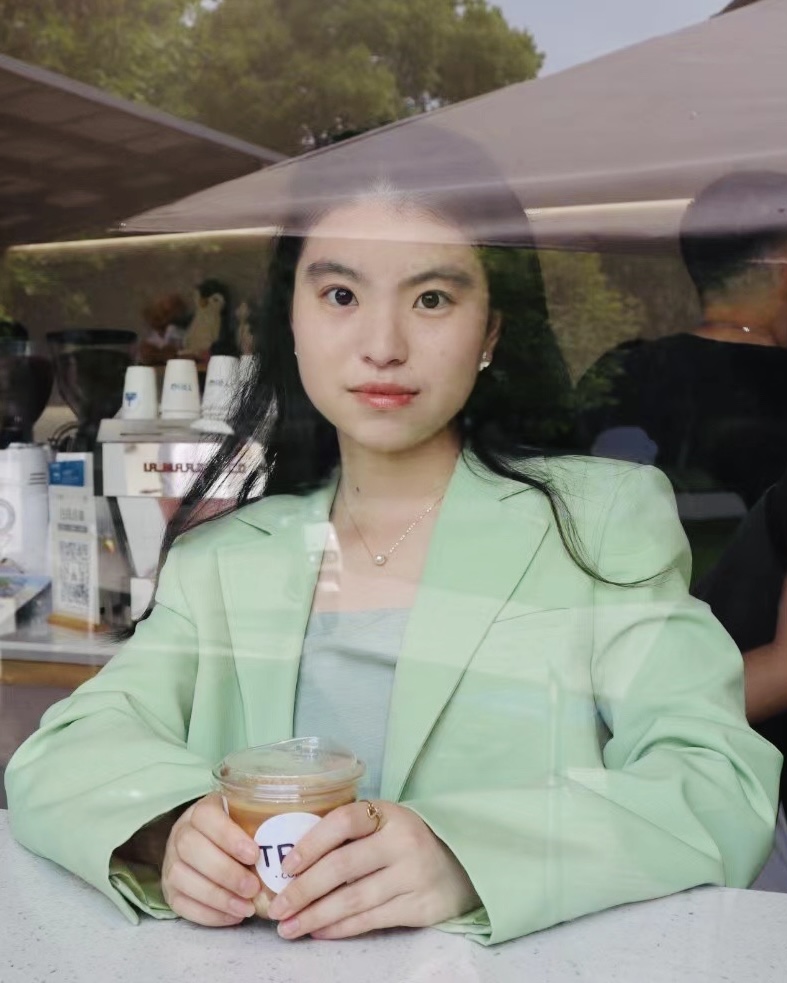
Tianqi Gong
Tianqi Gong is a PhD student in Social Science at University College London (UCL), where she also earned an MA in Comparative Economics and Policy. Her research interests include intergenerational mobility, economic inequality, and geographic disparities. Using quantitative methods, she wants to explore how emerging technologies influence social mobility.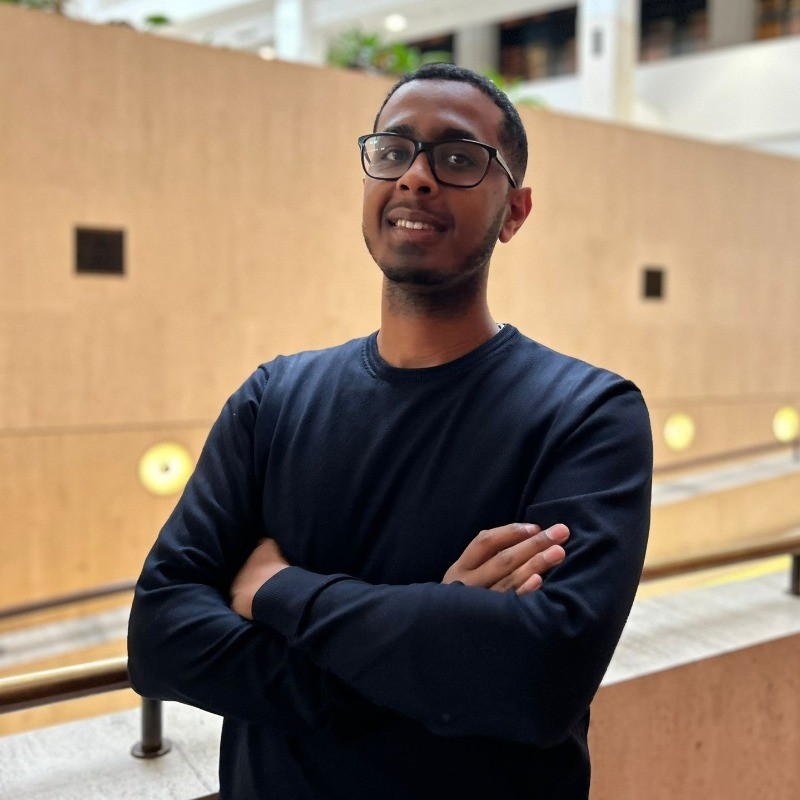
Tesfaye Salarin
Tesfaye Salarin is a PhD Candidate enrolled at the University of Trento. He's recently completed a visiting research period at the Department of Computer Science at UCL host-supervised by Professor Tomaso Aste. His research stands at the intersection of market microstructure, information theory and computational finance. His recent work explores the role of non-financial information (i.e.,ESG news) and its impact on equity markets in a medium-to-high frequency setting. Tesfaye holds a MSc in Finance from Cà Foscari University of Venice and is passionate about leveraging advancements in financial technology to understand the complex dynamics between finance and sustainability
Teodor Zidaru
I am an economic and digital anthropologist with expertise on how and why people trust and mistrust technologies, institutions, and each other as they engage in diverse competitive and collaborative endeavours. I am interested not just in the way ordinary people live with data, but also in the way data science literacy constitutes communities of practice that reshape global knowledge economies and precipitate novel understandings of what humans can or cannot entrust to technology. Accordingly, I have been developing analyses that bridge data science and the social sciences by combining analytics developed in linguistic anthropology and critical data studies to highlight the generative power of narratives and other sociolinguistic forms in technological use and design.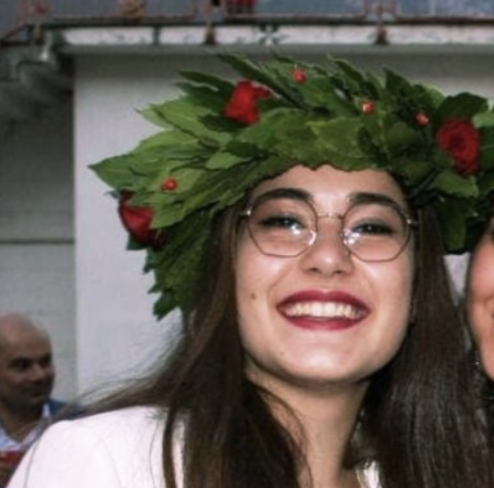
Sabrina Aufiero
I have a solid background in theoretical physics and financial computing, which has helped me develop strong quantitative and analytical skills. My experience spans both traditional finance and the emerging field of decentralized finance, and I have contributed to research on systemic risk, financial stability, and ESG. I have applied machine learning, stochastic processes, and complex network analysis to real-world financial models.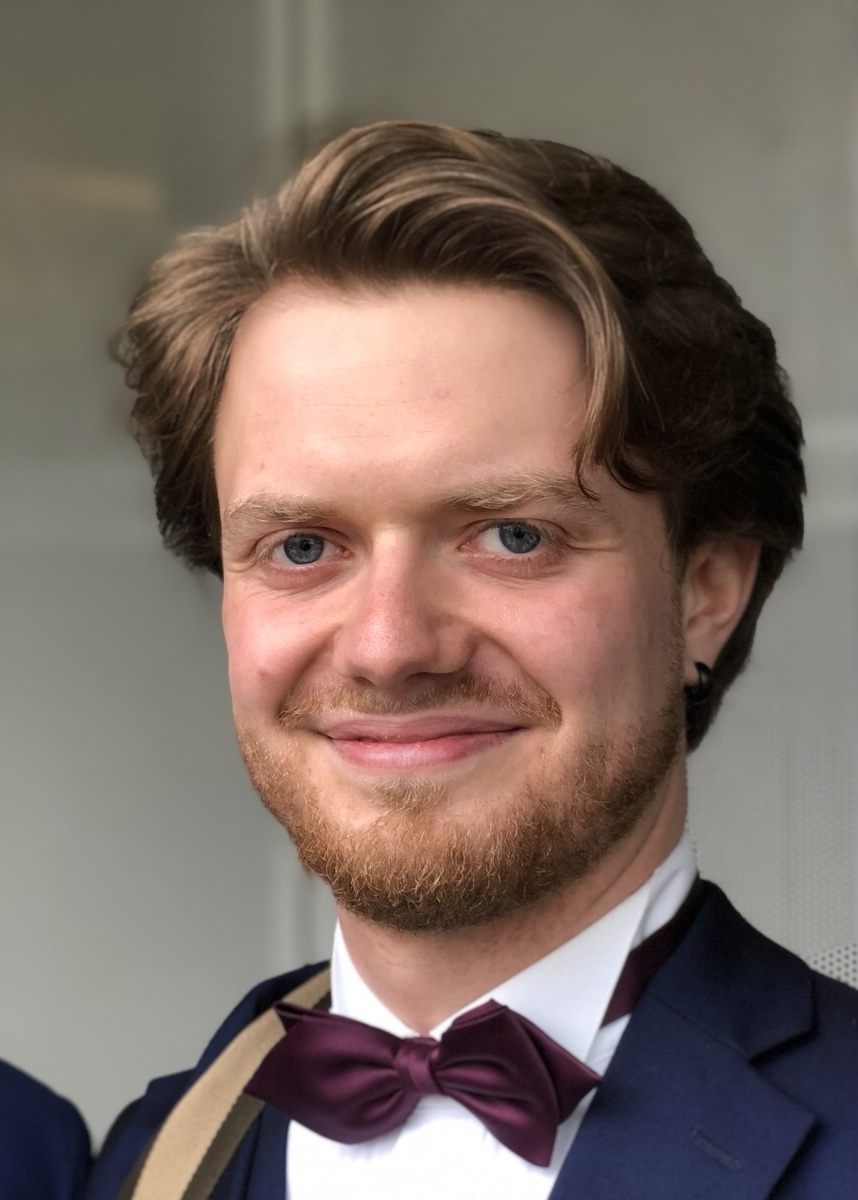
Moritz Marpe
Moritz Marpe is a doctoral student at the Department of Digital Service Engineering at TU Berlin. Previously, he studied International Relations and International and European Law at the Rijksuniversiteit Groningen, and International Economics at the Berlin School of Economics and Law and the Université Sorbonne Paris Nord with a focus on the regulation of global value chains and complex production networks. In his doctoral thesis, Moritz researches emergence and coevolution in information systems using combinations of different computational methods such as LLM-enhanced agent-based modelling. Moritz is passionate about exploring the intersection between law, the digital space, and how computational social science can be leveraged for social good and a sustainable future.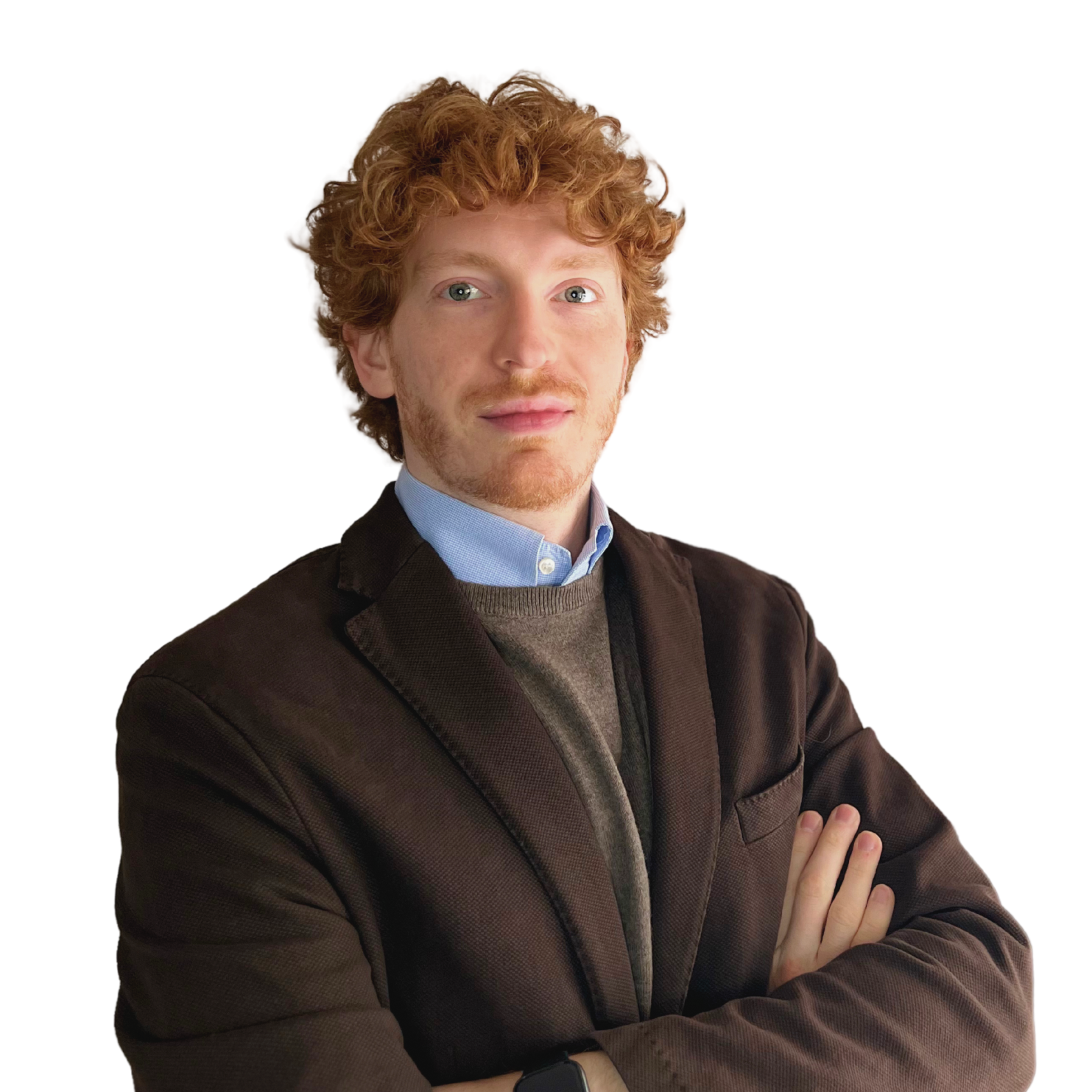
Matteo Prandi
Matteo Prandi is a PhD student in Socio-Economic and Statistical Studies at Sapienza University of Rome. His research investigates how emerging technologies, especially GenAI, reshape labor markets and society with a particular focus on evolving media narratives and regulatory frameworks. Drawing on his background as quantitative risk analyst at Euronext, he employs computational methods, including Natural Language Processing (NLP) and Large Language Models (LLMs), to analyze large-scale data and better understand the impacts of technological change. Matteo focuses on evaluating AI's societal implications and fostering informed approaches to technology transition through data-driven research at the intersection of technology, policy, and society.
Mark Reedy
Mark is a PhD Political Science candidate at the University of California, Davis, focused on international relations, comparative politics, and estimating conflict probability. His research focuses on leveraging computational frameworks common in other sciences to model political science phenomena, in particular the use of network analysis to model political instability. He has extensive professional experience working with China and served there as a US diplomat and macroeconomic analyst prior to PhD study. A central focus of Mark's research is the rapid development of digital authoritarian systems and the potential to combine emerging computer science technologies with data analysis to identify clusters of risk in domestic and international politics. He earned a Masters degree in Development Studies from the London School of Economics and an undergraduate degree in International Economics from Georgetown University's School of Foreign Service.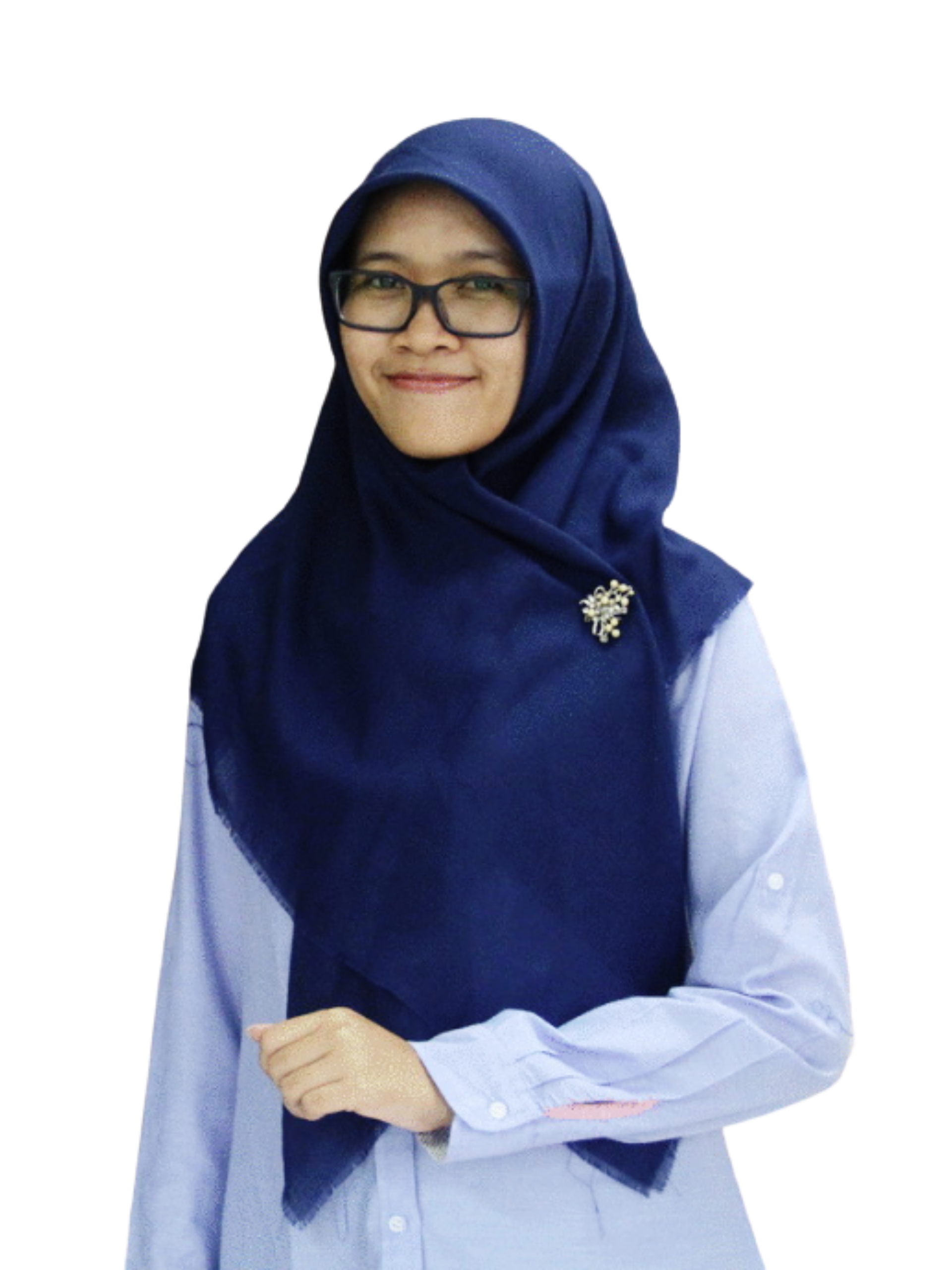
Madiareni Sulaiman
Madiareni (Reni) Sulaiman is a Research Data Librarian at the National Research and Innovation Agency (BRIN Indonesia). Her specific interest lies in understanding how research data management can effectively support open science within the research and innovation ecosystem. As an open science advocate, she actively participates in various organizations, including IFLA Advisory Committee Member for Open Science and Scholarship (OSSAC), Re3data Working Group, DataCite Ambassador, and many other organizations in librarianship and open science field. In addition, she served as one of Indonesia's member representatives on the UNESCO Recommendation on Open Science; and has also been awarded research grants on research accreditation by British Academy, on open government data from the National Library of Indonesia and completed a short course on data governance from Australia Awards. She is presently pursuing a PhD in Information Studies at University College London in the UK, with a specific emphasis on Research Data Management.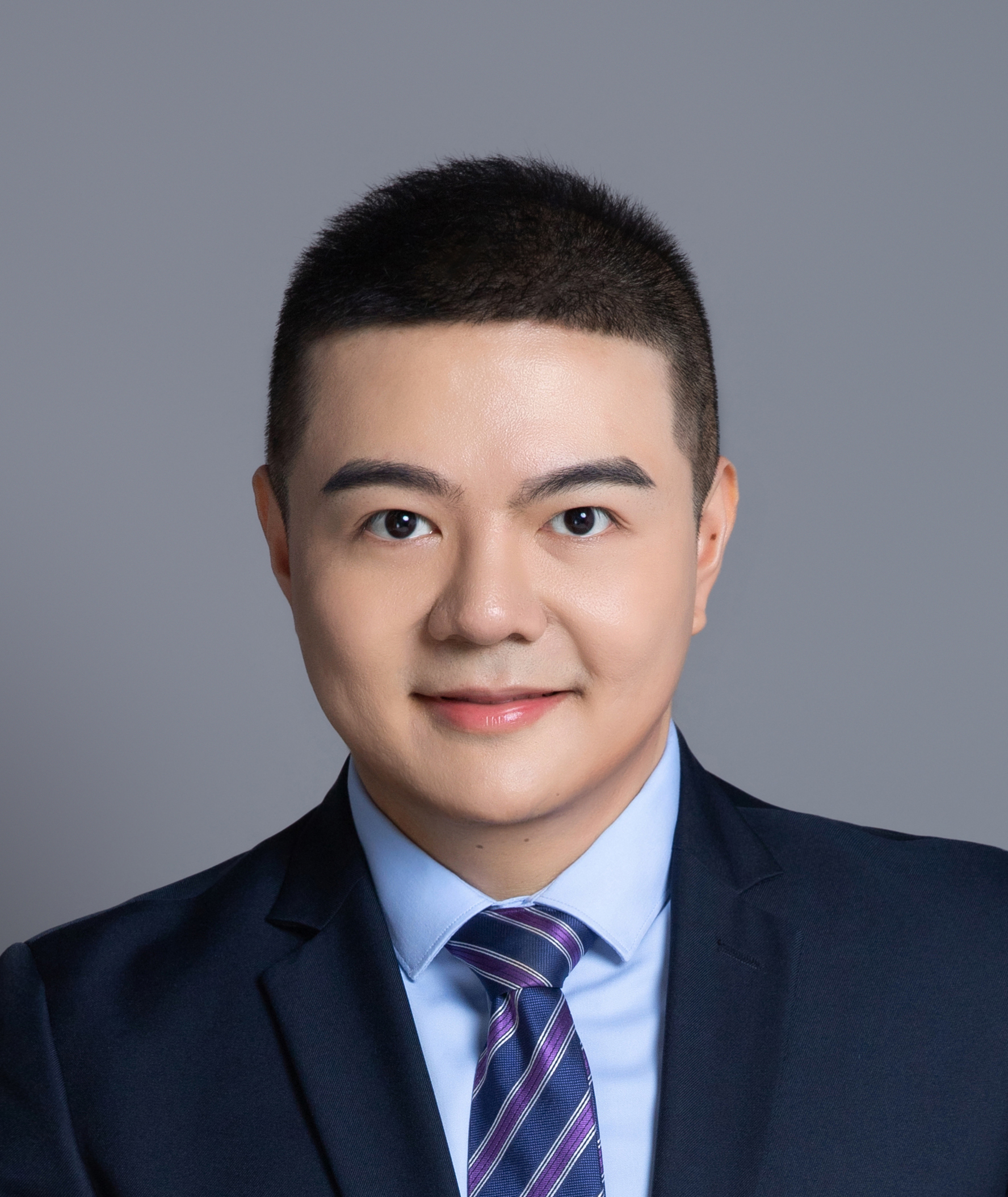
Louis Yu Luo
I am a PhD candidate at Imperial College Business School. My research focuses on contrarian strategies and Theory-based View, AI's impact on individuals, organizations and society, open innovation and the future of work. I am interested in collaborative research opportunities, and feel free to contact me via louis.luo@imperial.ac.uk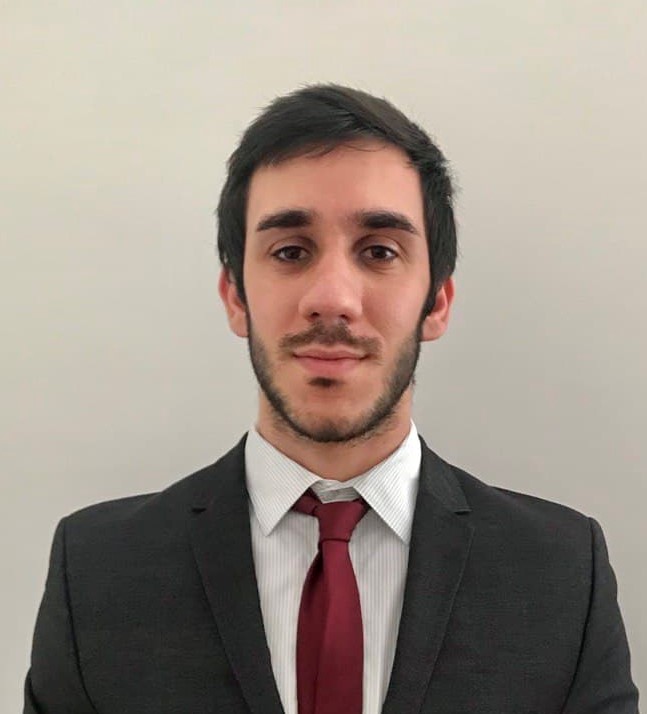
Lorenzo Lombardi
Lorenzo Lombardi is a PhD student in Data Science, Accounting & Management at the University of Salerno, with a focus on the application of artificial intelligence to financial systems. He is currently a Visiting PhD Researcher at University College London (UCL), in the Department of Computer Science, where he is working on stochastic volatility models for option pricing and exploring the intersection of AI and computational finance. Lorenzo completed his Master’s degree in Finance and Insurance at La Sapienza University of Rome and holds a Bachelor's degree in Business Administration from the University of Salerno. His research interests span financial modeling and machine learning, with a particular focus on using AI techniques to improve financial decision-making, risk management, and derivative pricing. He is passionate about the potential of AI to drive innovation in financial systems and contribute to more efficient and effective decision-making processes.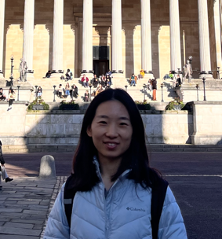
Li Zhang
Li Zhang is an Associate Lecturer in Finance and Technology at IFT. Before joining IFT, Li was a postdoc in Machine learning group at University of Oxford’s Engineering Science Department and worked on machine learning for social network, finance networks analysis. She obtained her PhD degree in the department of computer science, machine learning group, University of Sheffield. Her PhD research focuses on machine learning, graph representation learning (GRL), and graph neural networks (GNNs), which can be easily applied to economic problems. She published top conference papers (KDD (MLG), WSDM, CIKM, NeurIPS(GRL), ECML(GEM)), as the first author. Li’s research interests are shown as follows: 1. Machine Learning, Deep Learning, data mining, information retrieval especially in finance-related data. 2. Financial network analysis, social network analysis, graph embedding and graph neural networks and their applications such as asset price prediction, stock market volatility prediction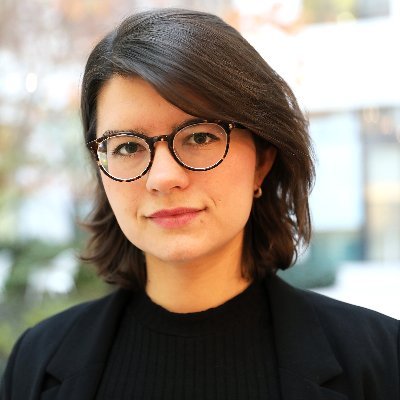
Julia Schmidt
Julia M. Schmidt is a PhD candidate in Economics at Université Paris-Dauphine, PSL, where she studies how data and AI are reshaping productivity, emissions, and labour markets. Formerly a Data Scientist at the OECD, she led projects on digital skills and AI adoption. Passionate about bridging data science and economics, she now combines macroeconomic models with real-world data to explore the impact of digital transformation. At SICSS, she looks forward to deepening her computational social science skills and collaborating with peers at the intersection of data, policy, and economic behavior.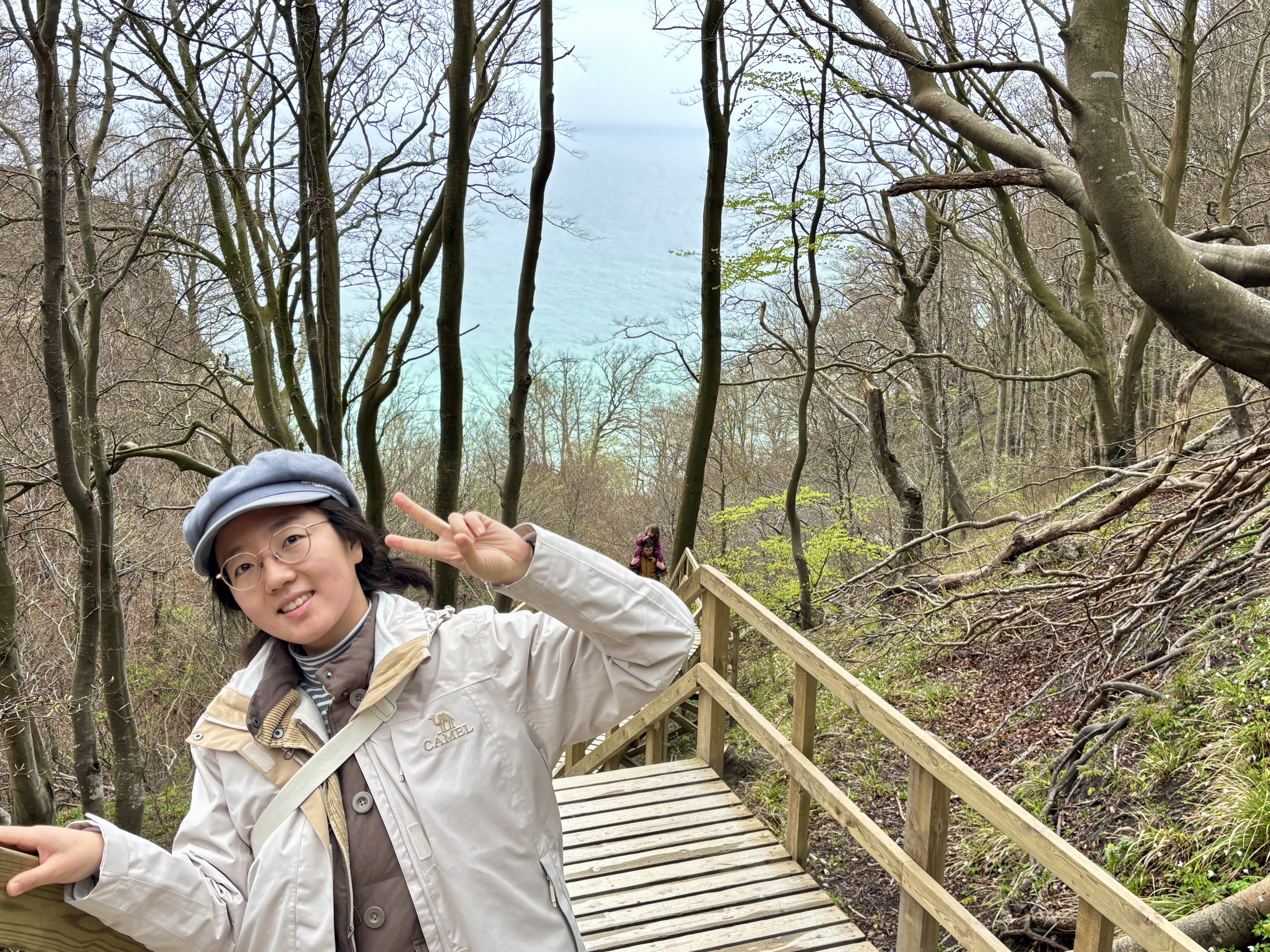
Jialu Ding
Jialu Ding is a PhD student in Mathematics at King’s College London, supervised by Dr. Izaak Neri. Her research focuses on the dynamics and stability of large ecosystems modelled on random graphs, using nonlinear dynamical systems such as the Lotka–Volterra equations. By extending tools from random matrix theory to nonlinear regimes, she aims to uncover new insights into the conditions that promote biodiversity and resilience in complex systems. She holds an MSc in Complex Systems Modelling from King’s College London, where her dissertation investigated metastable behaviour and delayed transitions in binary mixtures. Her broader academic interests lie at the intersection of statistical physics, phase transitions, and the modelling of ecological and biological complexity.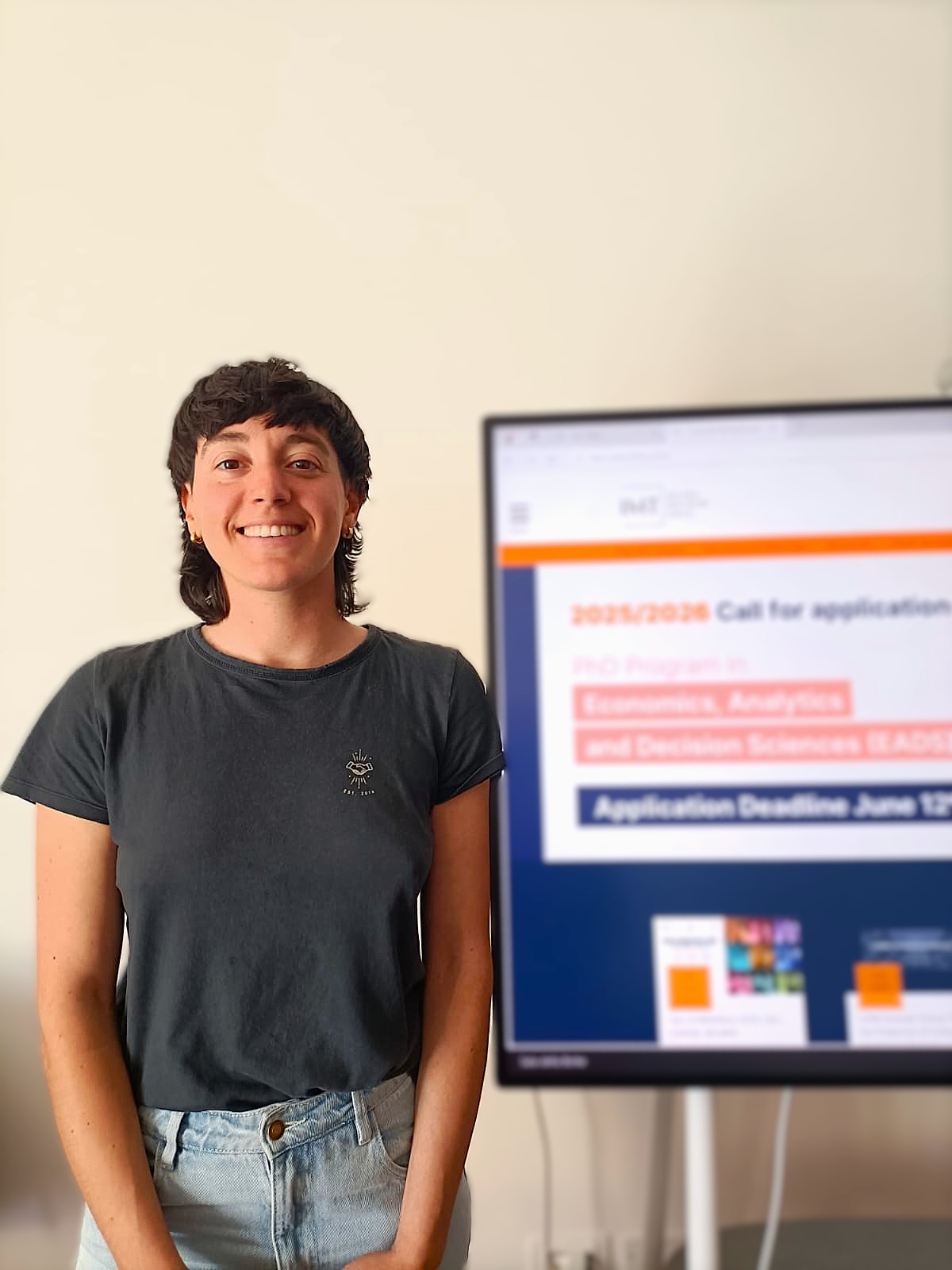
Irene Tafani
Irene Tafani is a PhD student in Economics, Analytics and Decision Sciences at the IMT School for Advanced Studies Lucca. She has an academic background in Business Economics and Data Science, along with professional experience in AI research and development within the private sector. Her research investigates the migration phenomenon through a multidisciplinary lens, integrating econometric analysis with computational social science methods. She is particularly interested in applying causal inference and data-driven approaches to better understand the mechanisms underlying mobility and social change.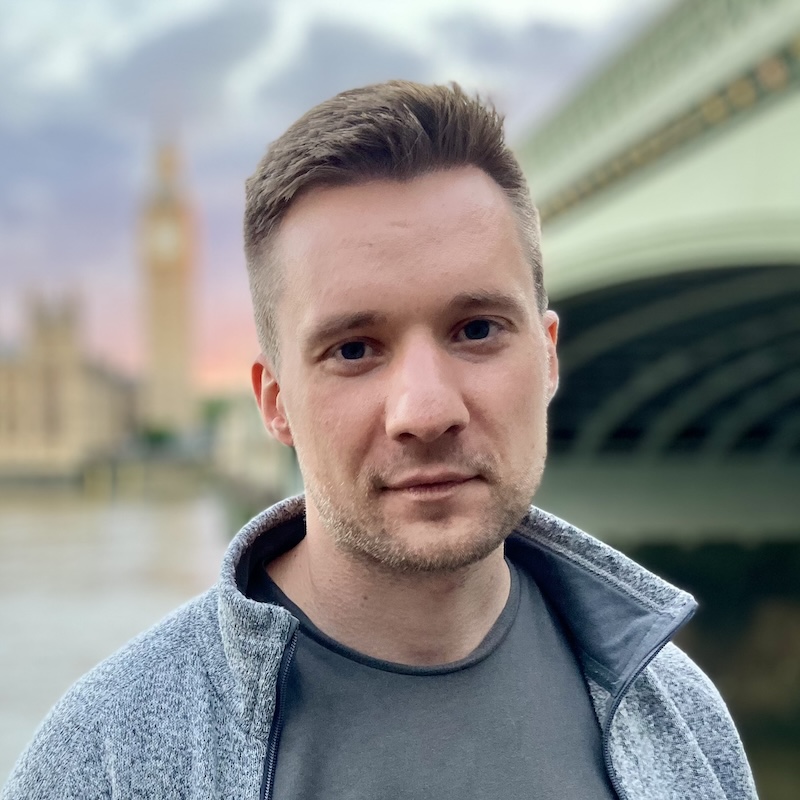
Ilya Ilyankou
Ilya is a second-year PhD student at UCL SpaceTimeLab, researching conversational systems (large language models) for complex routing problems. He is broadly interested in understanding how language models can be adapted for geospatial data, and how to adapt geospatial data for LLMs. Ilya is a co-founder and CTO at Safest Way, a Geovation-backed startup that aims to make walking in cities safe, any time day or night.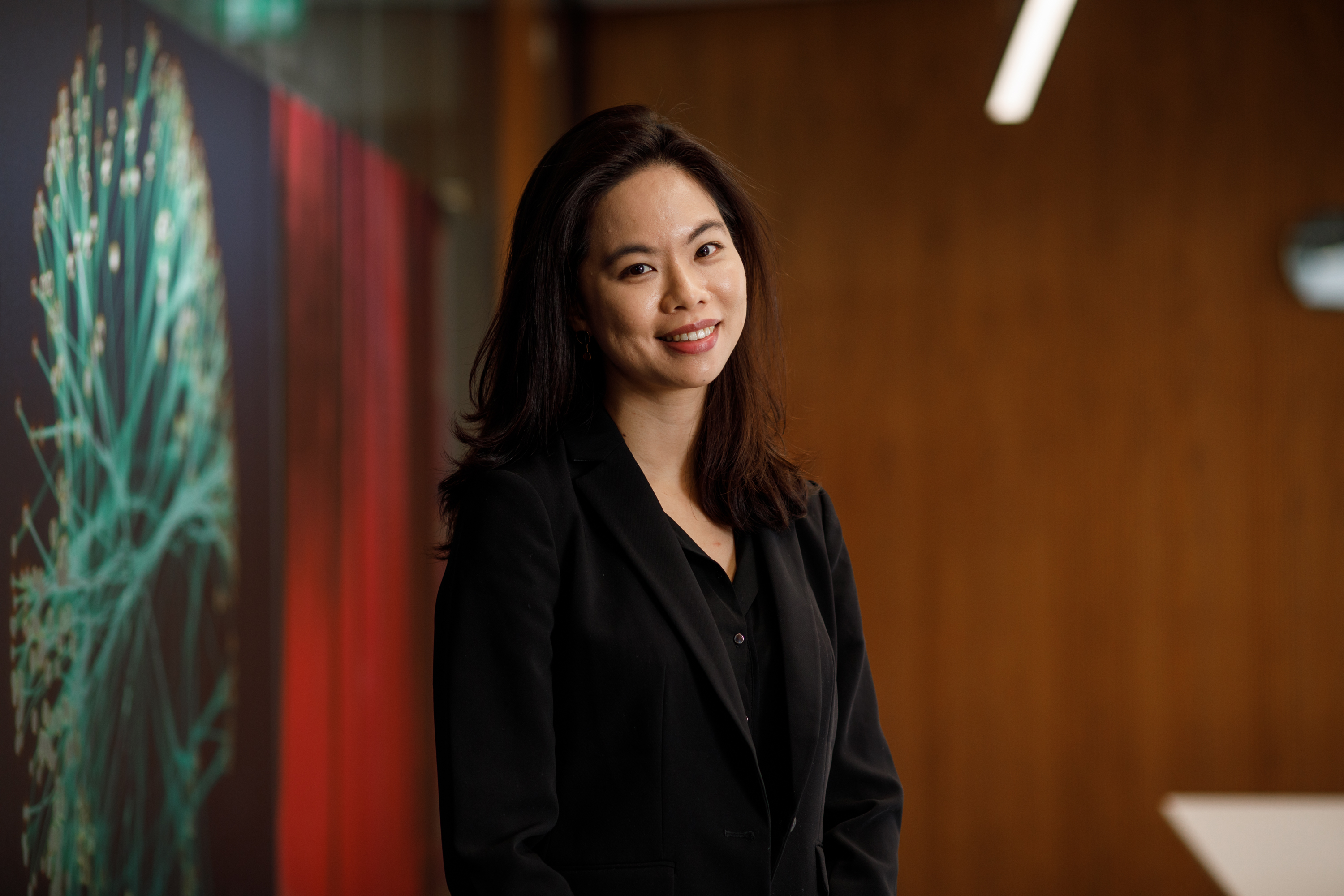
Evita Liu
Evita is a Research Fellow at the UCL School of Management. Her research lies at the intersection of leadership and communication, using archival datasets—such as social media big data, company reports, and online videos—to examine how leaders' verbal and nonverbal cues contribute to effective leadership during crises and challenging situations. She earned her Ph.D. in Business Administration and Management from Bocconi University.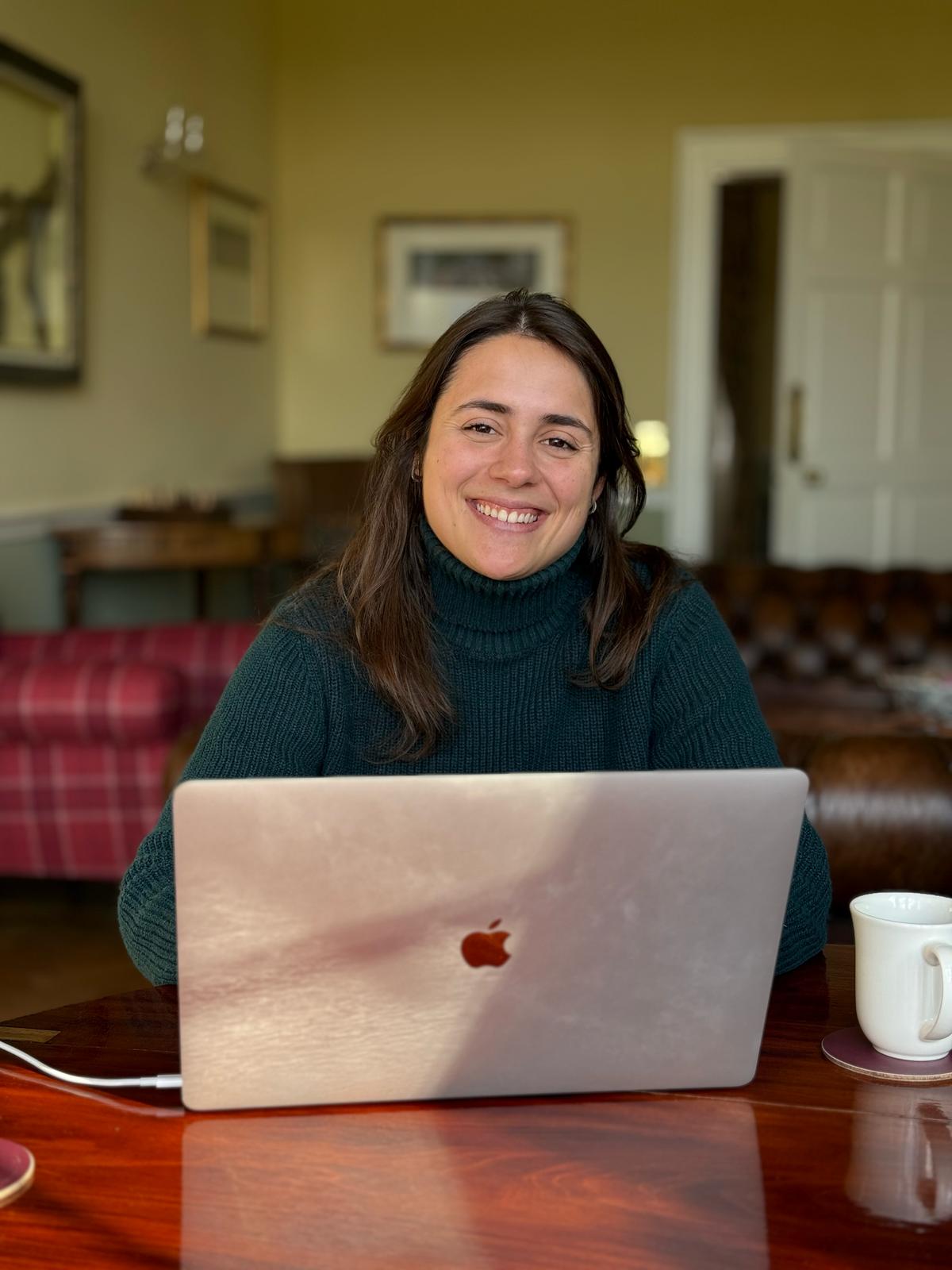
Elena Pro
Elena is a PhD candidate at LSE’s European Institute and she is affiliated with the Data Science Institute at LSE. Her research focuses on political behaviour and political identities in the European context. She is interested in how political and civic actions influence public opinion and attachment to political identities. She study these topics with observational causal inference, experiments, and mixed-methods research designs. Prior to her PhD, she obtained a BA in History and Politics (University of Exeter) and an MSc in Social Research Methods (London School of Economics).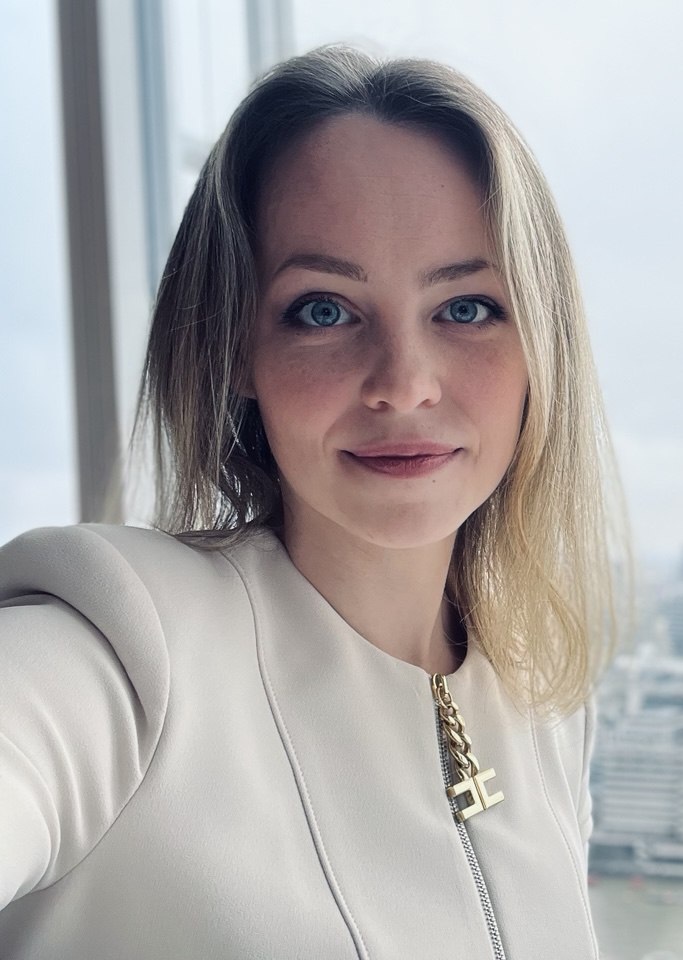
Ekaterina Prytkova
Ekaterina is a Postdoctoral Research Fellow in Economics and Data Science at the University Côte d’Azur (France), affiliated with GREDEG and EUR ELMI. Her research combines Digital Economics, Industrial Organization, and Labour Economics to study the technological and strategic dynamics of ICTs and AI, and their implications for labor markets. In her work, she employs computational methods such as network analysis, natural language processing, and machine learning. Currently, Ekaterina studies the AI ecosystem by examining its dual role as an infrastructure and an information good. In this research, she maps the AI stack using web scraping and NLP techniques, and explore competitive dynamics in the AI industry, with a special focus on the role of open source. Another direction of her research concerns the impact of digital technologies on the future of work. Within the PILLARS project, she studied how emerging digital technologies reshape regional labor markets in Europe and the US, developing novel metrics of technological relevance and adoption, which were released as open-source resources. Before joining the University Côte d’Azur, Ekaterina held a postdoctoral fellowship at the University of Sussex (UK). She earned a Ph.D. in Economics from Friedrich Schiller University Jena (Germany) and holds degrees in Economics and Management from the Higher School of Economics (Russia).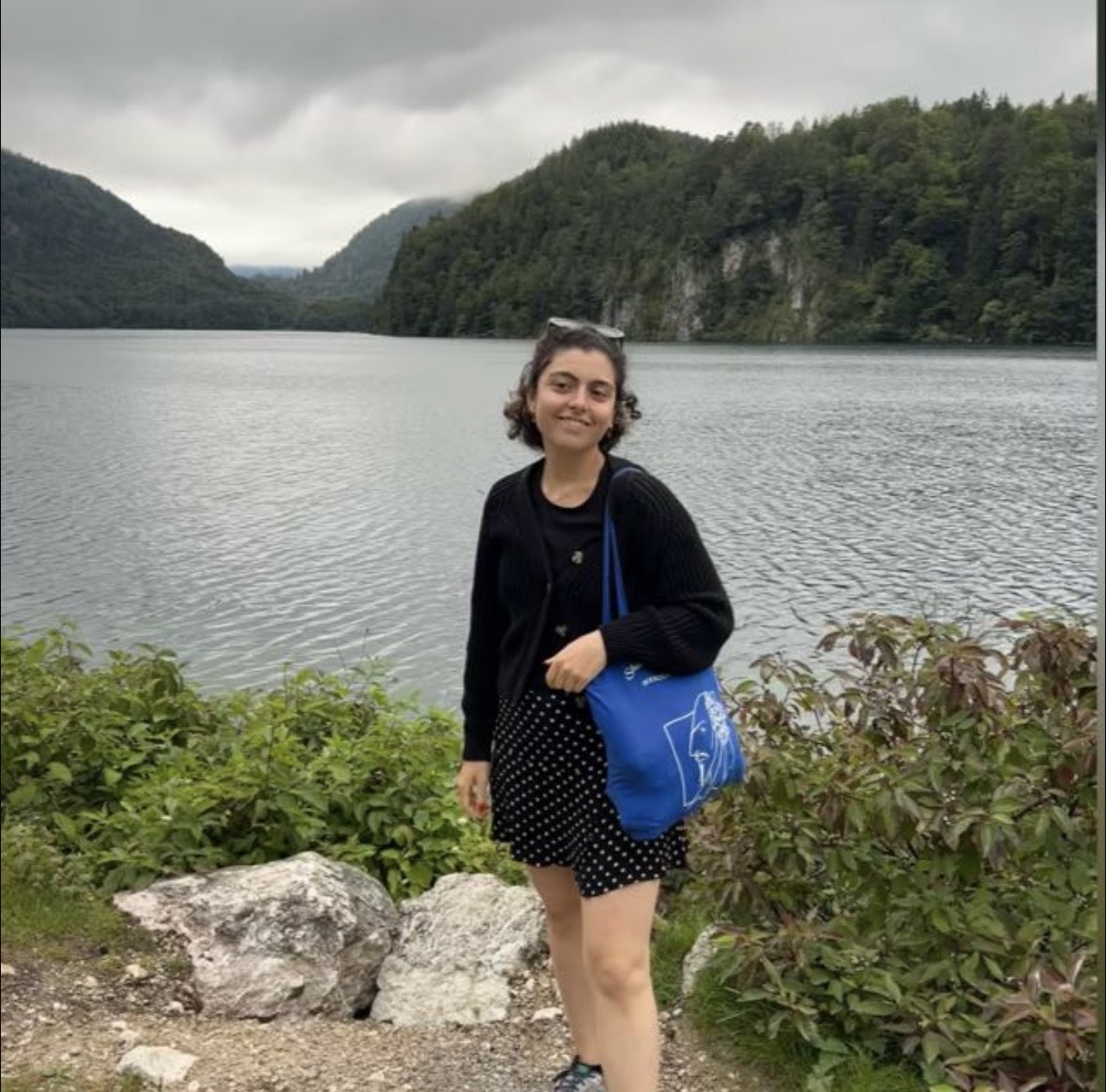
Diana Riazi
Diana Riazi recently completed her PhD in Computational Social Science at UCL’s Department of Computer Science, where her research focused on understanding the link between misinformation spread and belief formation in social networks through gauging agent-based modeling. In light of the work of her PhD, her current research interests lie at the intersection of LLMs and belief propagation of collectives (of both human and machine), and their resulting dynamics. She is particularly interested in emergent socio-economic phenomena such as echo chambers and confirmation bias, and more broadly towards better understanding human–machine interaction and its ensuing effects on the current evolution of our informational eco-system, through means of complexity.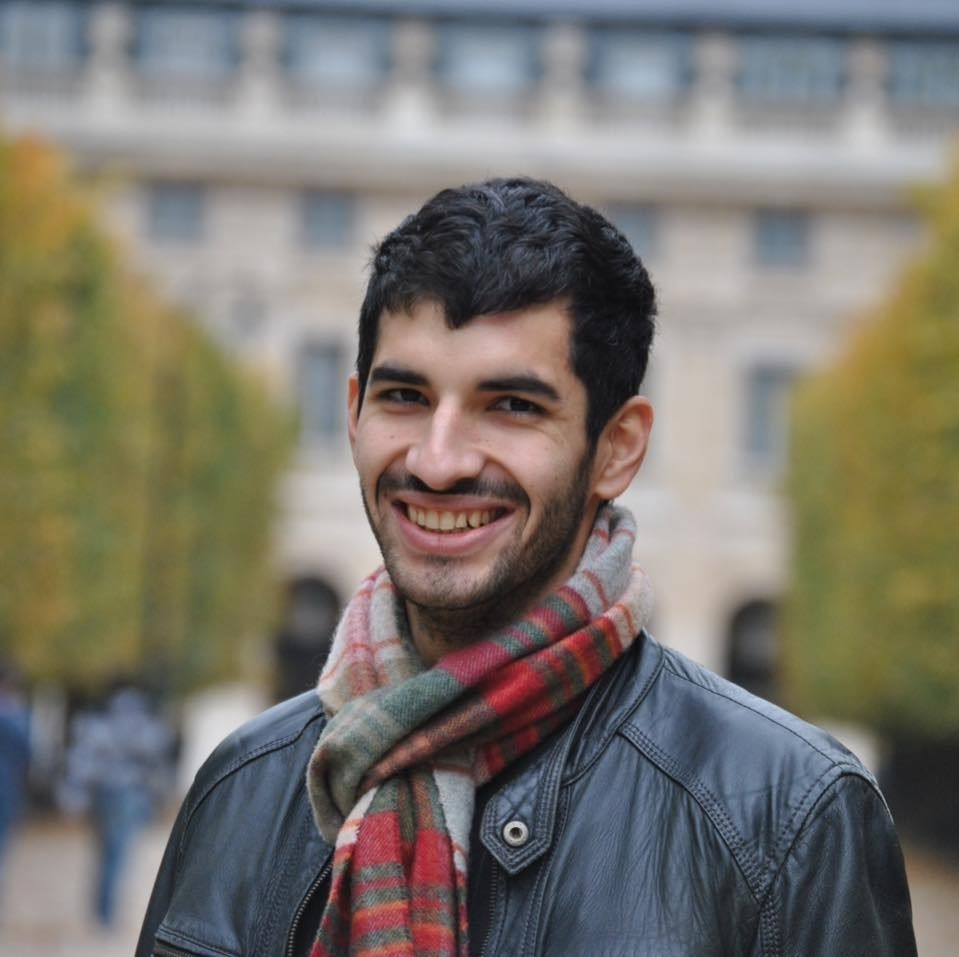
David Gauthier
Dr David Gauthier is an Economist at the Bank of France's Financial Stability Directorate. He holds a PhD in Macroeconomics from the Paris School of Economics and a Master's in Data Science from ENSAE. His research focuses on macro-finance, business cycles, and financial crises, with a particular interest in the intersection of monetary policy and machine learning. He has also collaborated with public and private institutions on projects involving central bank communication, forecasting models, and financial risk assessment.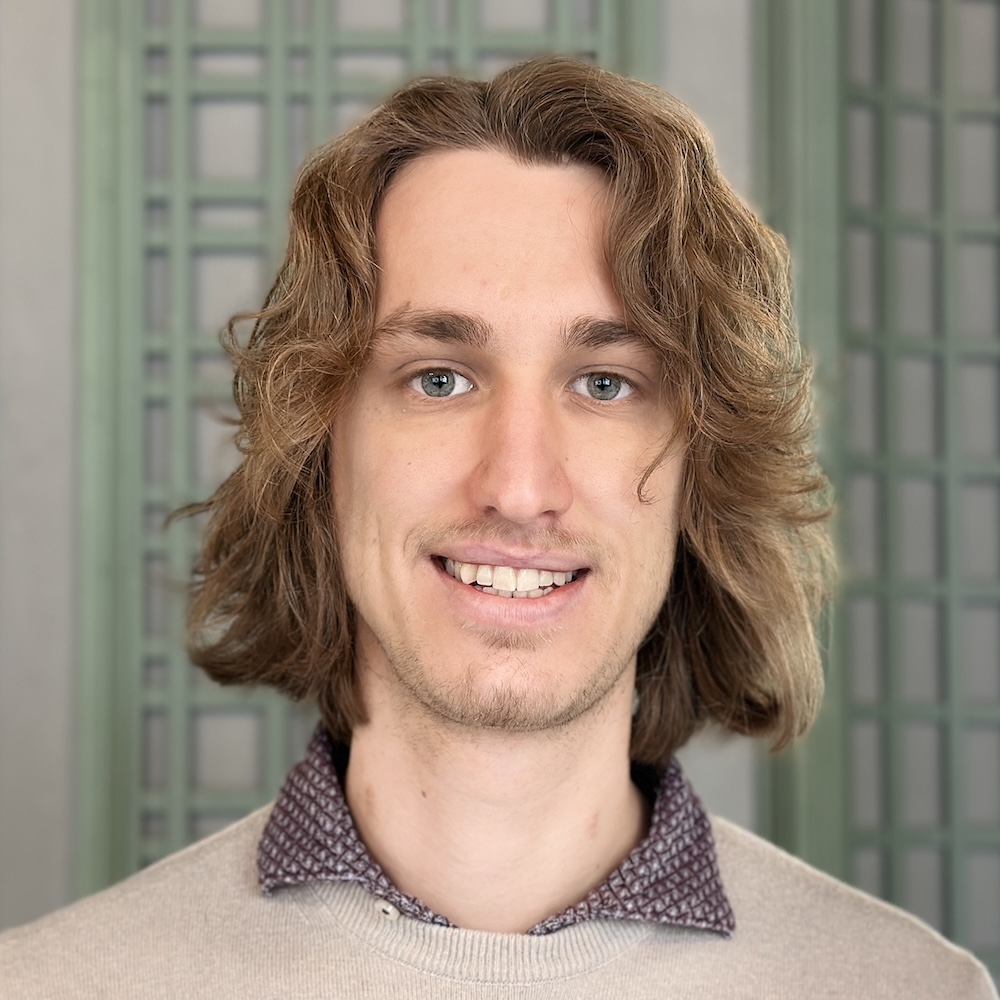
Daniele Barolo
Daniele is a PhD candidate at the Complexity Science Hub Vienna, where he joined the ERC-funded Collective Minds research group in January 2025. His research focuses on developing advanced agent-based models that leverage large language models to simulate social dynamics and belief propagation across networks. By creating LLM-powered agent simulations, he works to computationally validate social psychology theories and develop new frameworks for understanding collective behavior. His background combines philosophy (Ca' Foscari University of Venice) and data science (University of Padova), with previous research on bias in large language models during an internship at TU Graz.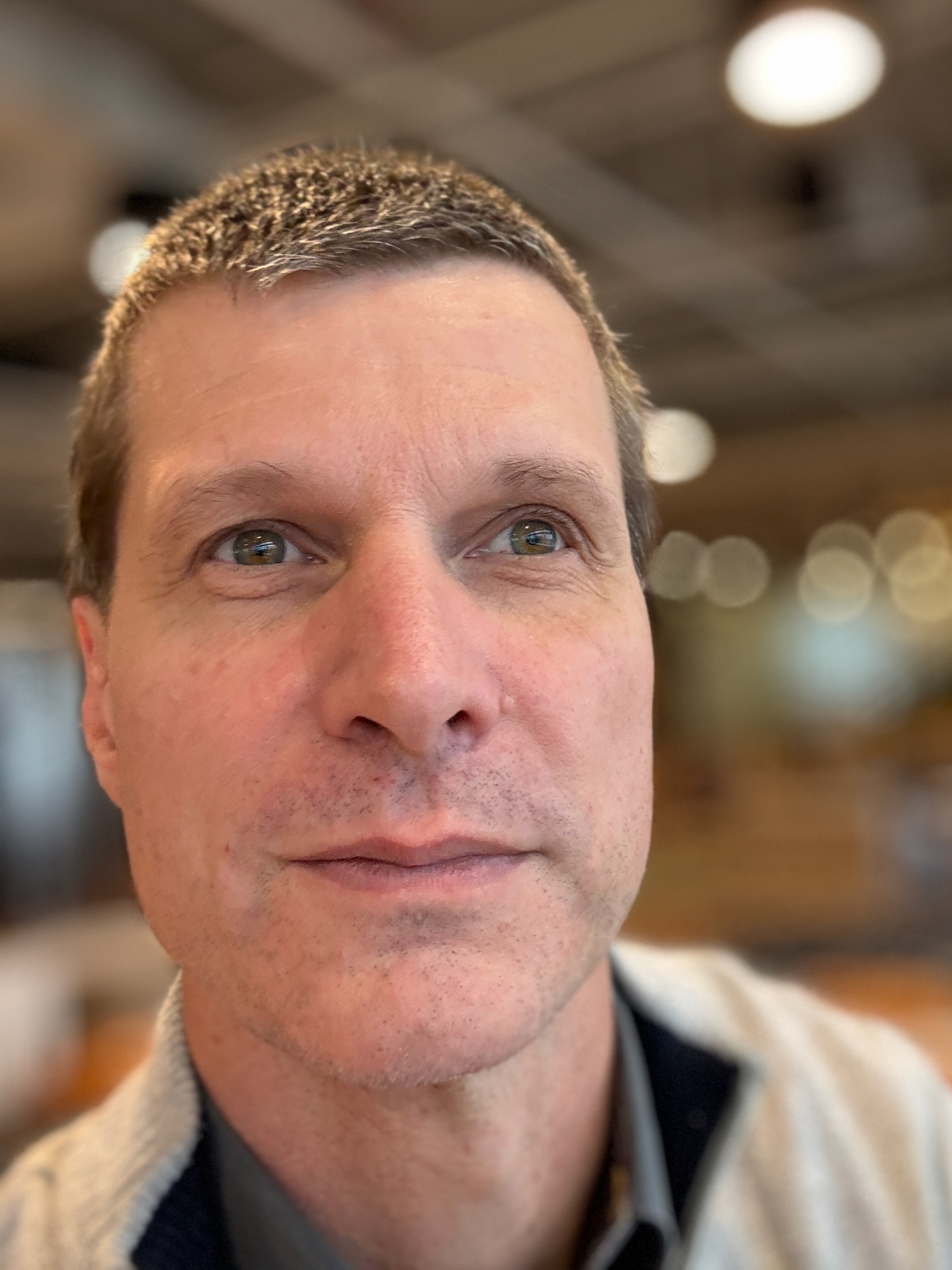
Christian Gut
Christian is a Ph.D. student in Computer Science at the Institute of Mathematics and Statistics of the University of São Paulo (IME–USP), with a research focus on Empirical Software Engineering. His work involves mining software repositories to analyze how team topology, code structure, and engineering practices affect the productivity in Open Source Software development. He is particularly interested in applying explainable AI techniques and causal inference methods to uncover quantitative and actionable insights.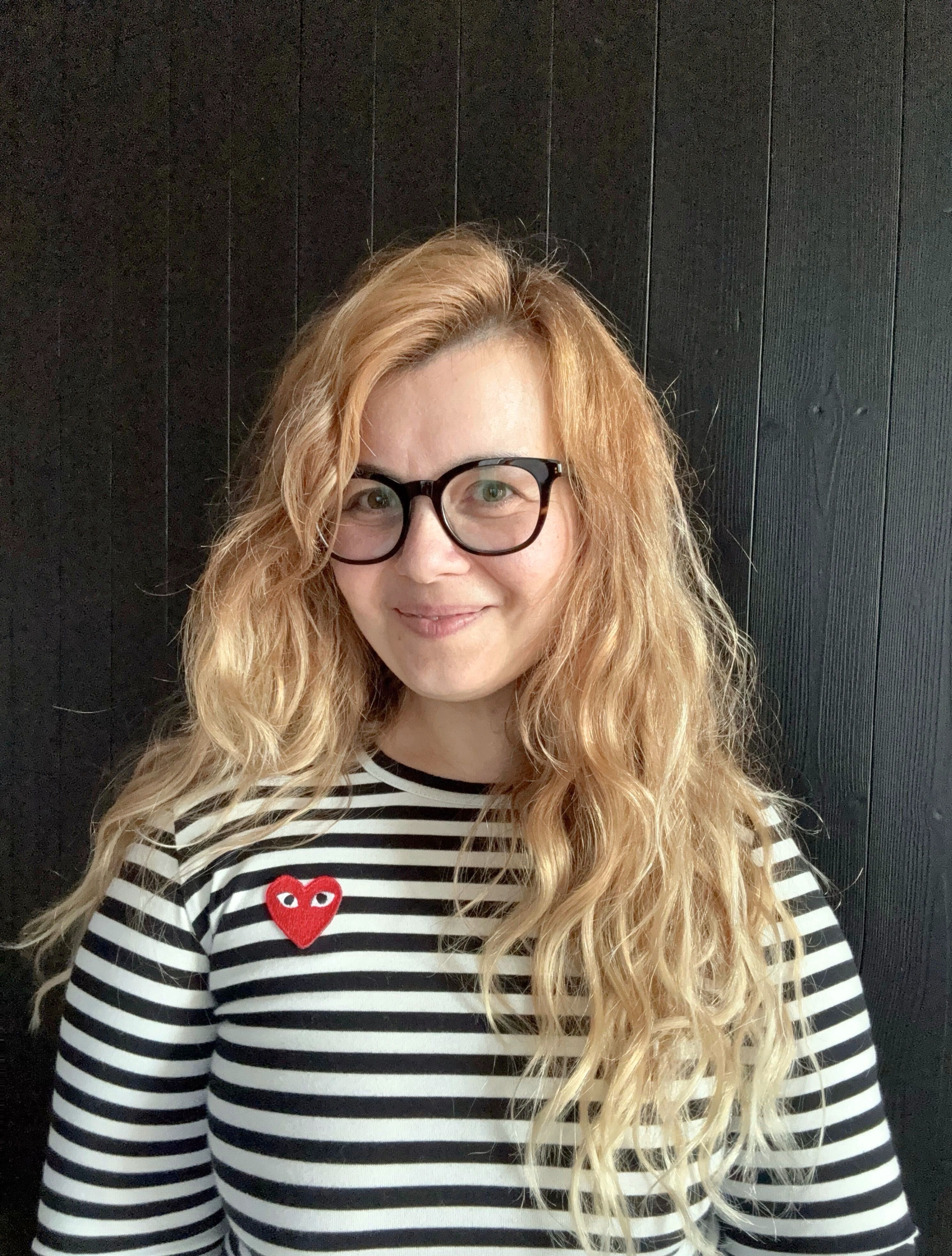
Burcin Genis-Ergun
Burcin Genis-Ergun is a postdoctoral fellow at Umeå University in Sweden, affiliated with TAIGA – Centrum för transdisciplinär AI and The Interprescence Institute. She specializes in Human-Computer Interaction and immersive experience design, with a focus on artificial intelligence. Her research investigates embodiment, immersion, player and user experience, interface and interaction design, gaming, animation, and usability. She is particularly versed in human–AI agent interaction, using phenomenological, qualitative, quantitative, and computational methods. Previously, Dr. Genis-Ergun was a tenured faculty member at Bahcesehir University, a Visiting Assistant Professor at Erhvervsakademi Århus, and a Research Associate at the Cognitive Science Program at Bogazici University (BOUN-COGsci). She earned her PhD from Yildiz Technical University (YTU) and brings a transdisciplinary approach to the design and understanding of interactive technologies.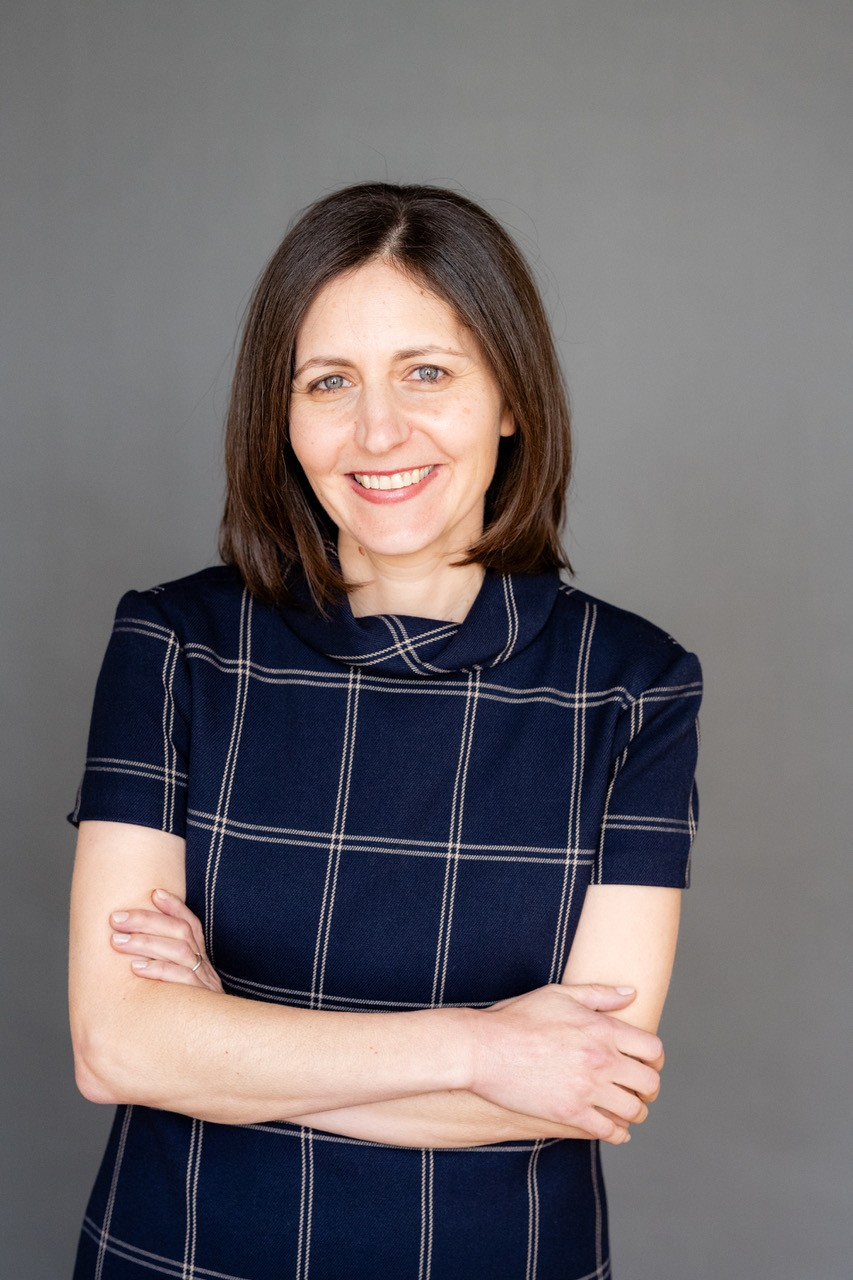
Anne Ruderman
Anne Ruderman is an assistant professor in the Department of Economic History at the London School of Economics. Her first book, Supplying the Slave Trade: European Enslavers and African Markets in the Eighteenth-Century Atlantic will be published by Yale University Press. She has published or has forthcoming articles in the Business History Review, the William and Mary Quarterly, Current Research in Digital History, and the Journal of Economic History. Her digital history pilot project Royal African Company Networks is available at: www.racnetworks.wordpress.com. She holds a PhD in History from Yale University.